
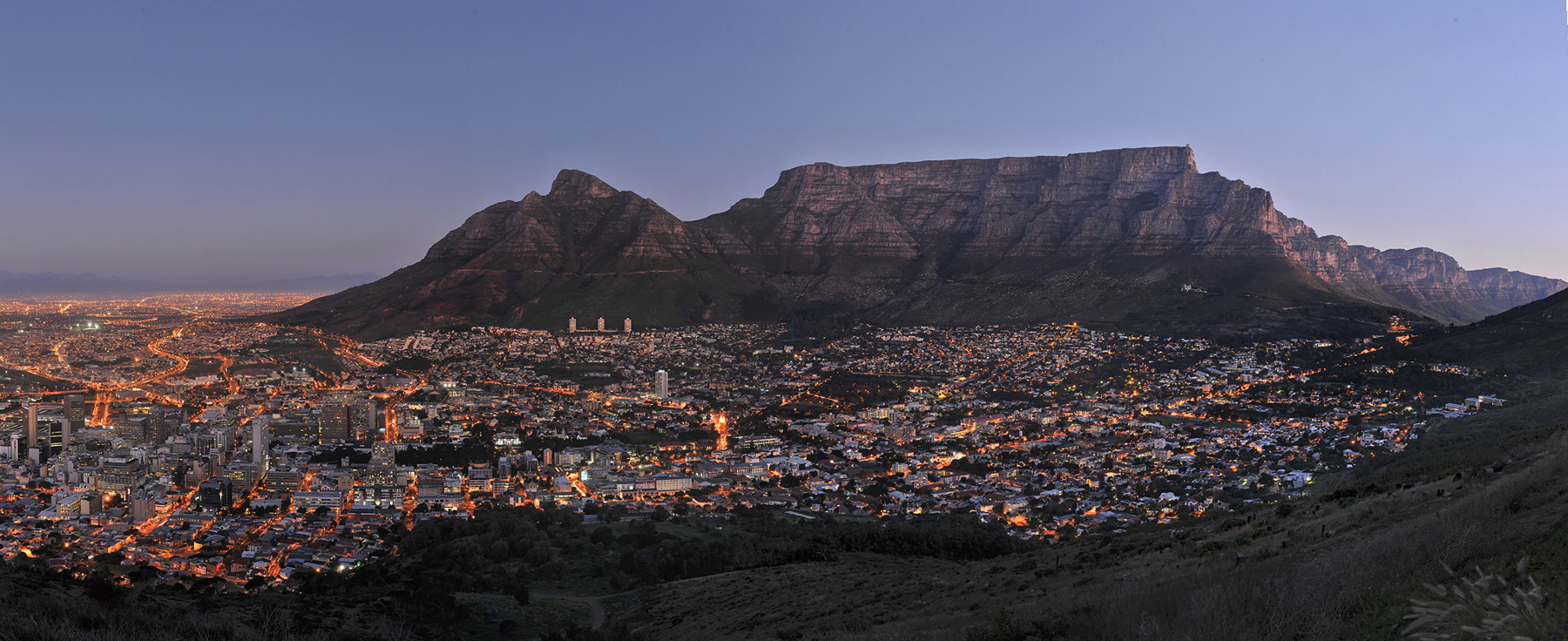
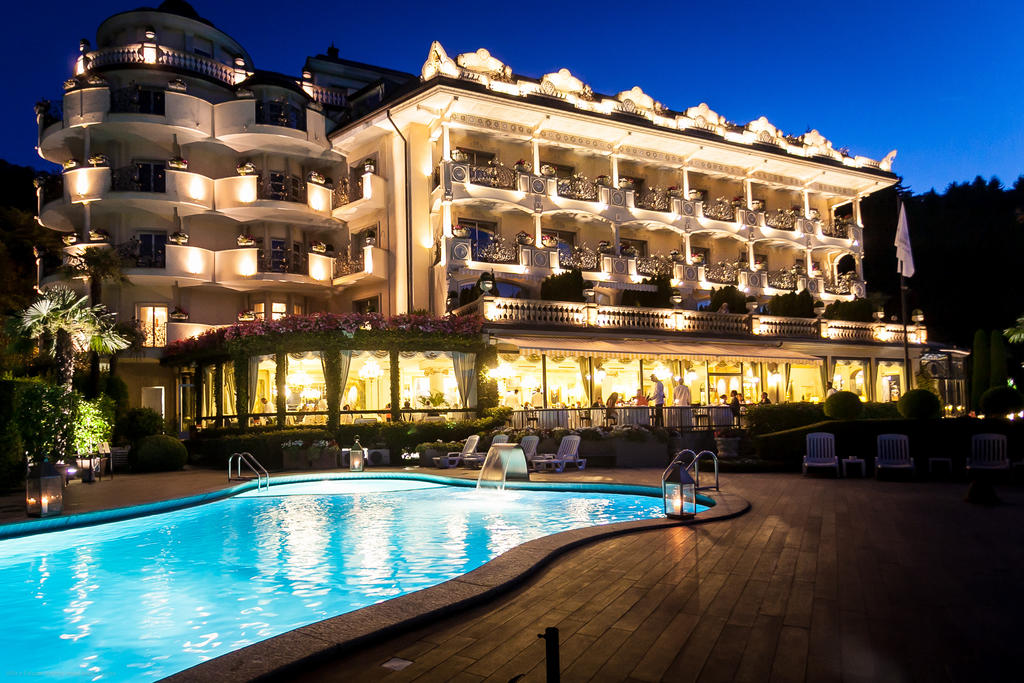
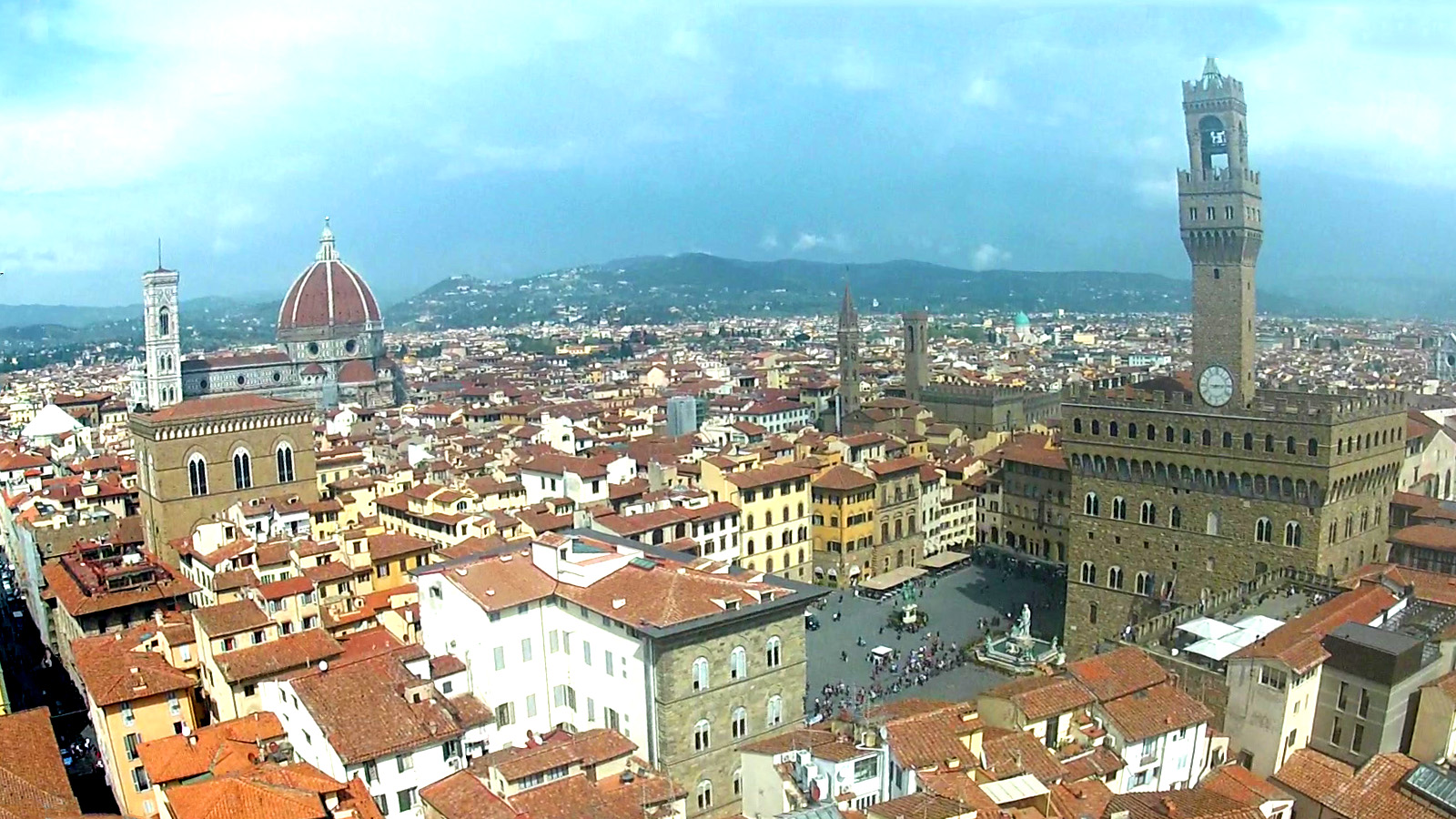

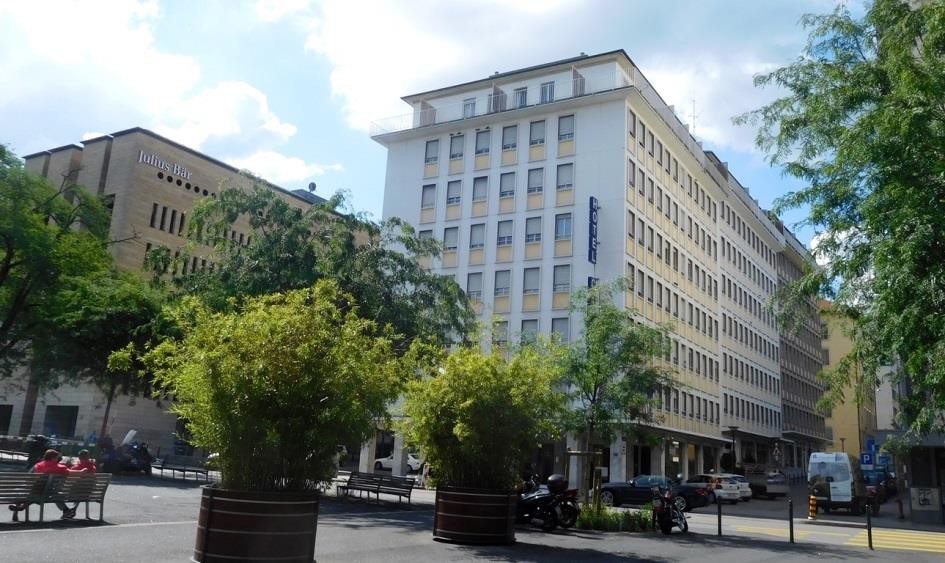
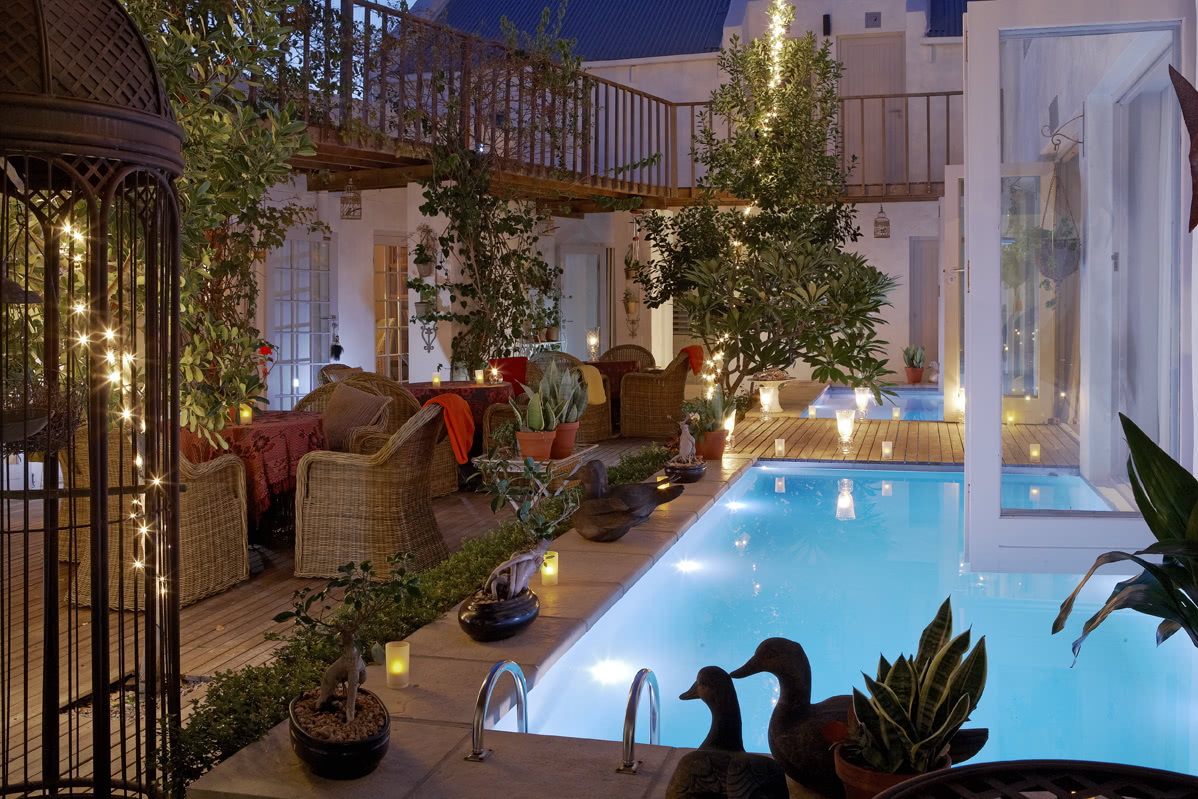
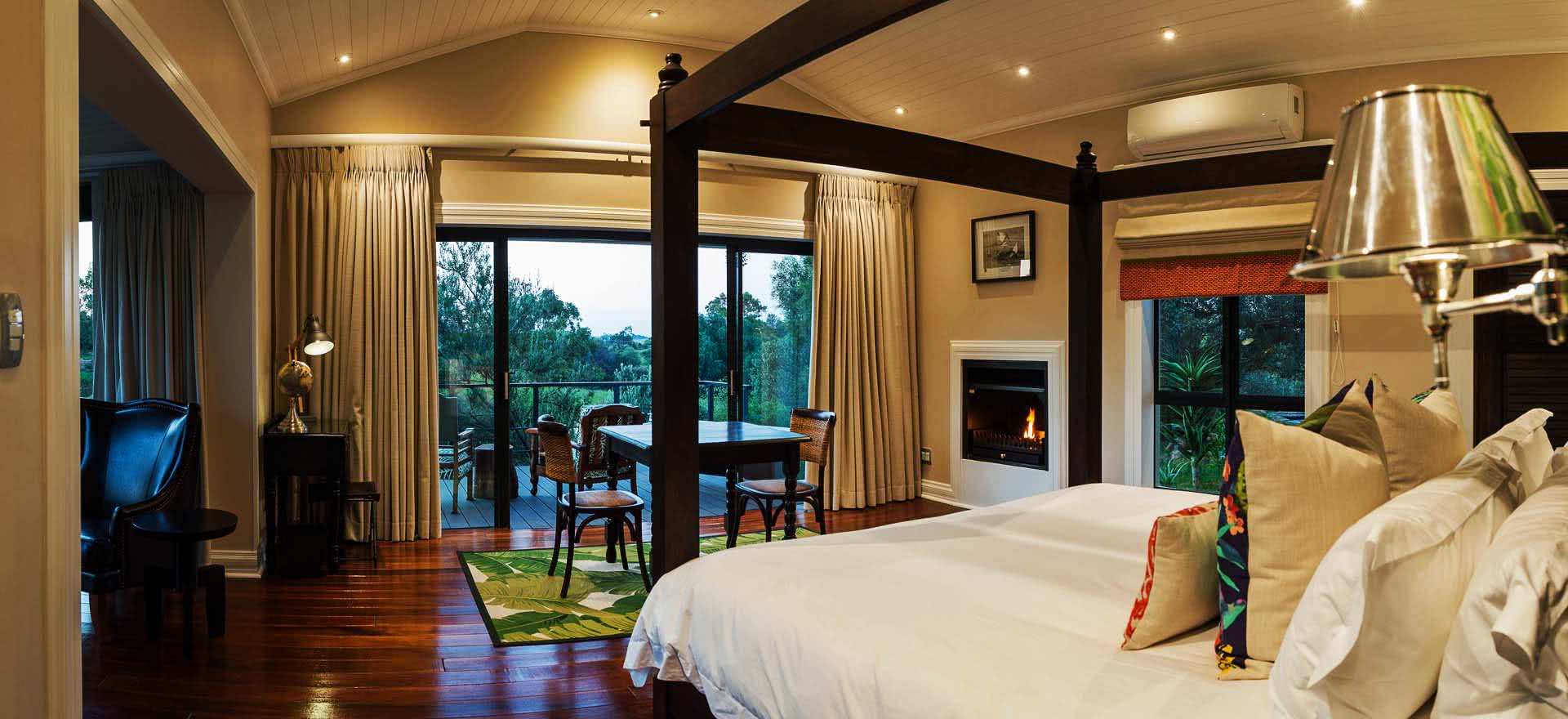
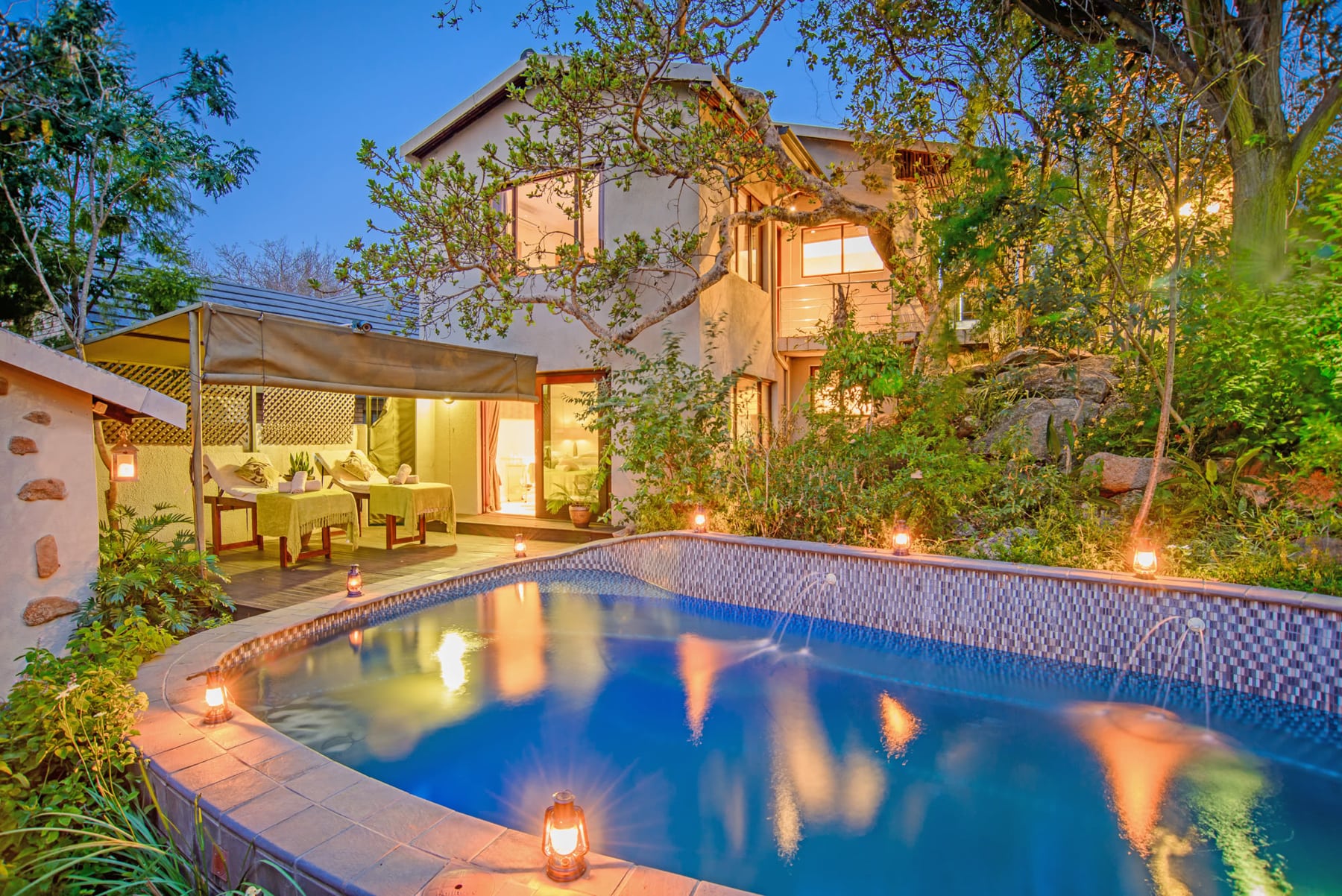

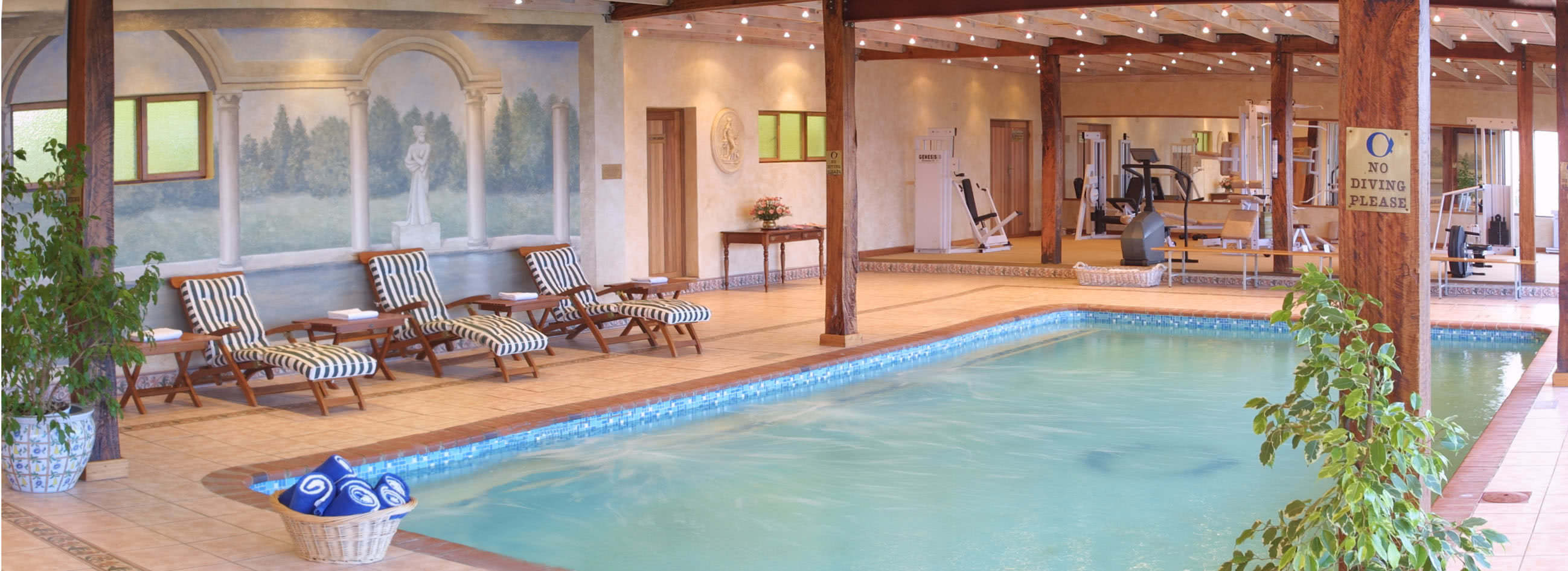
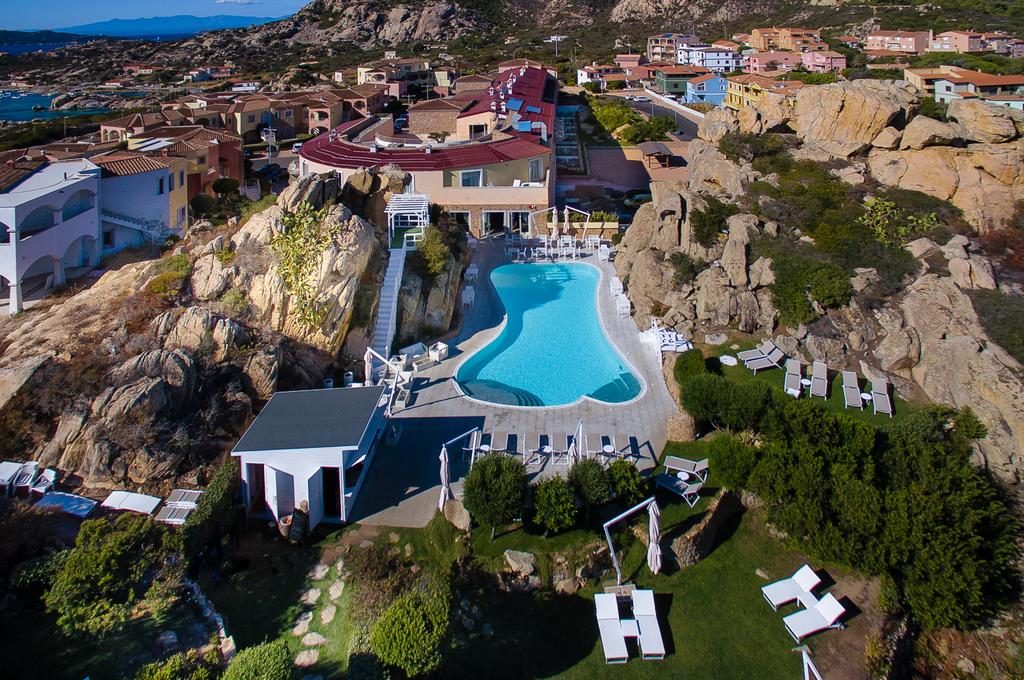
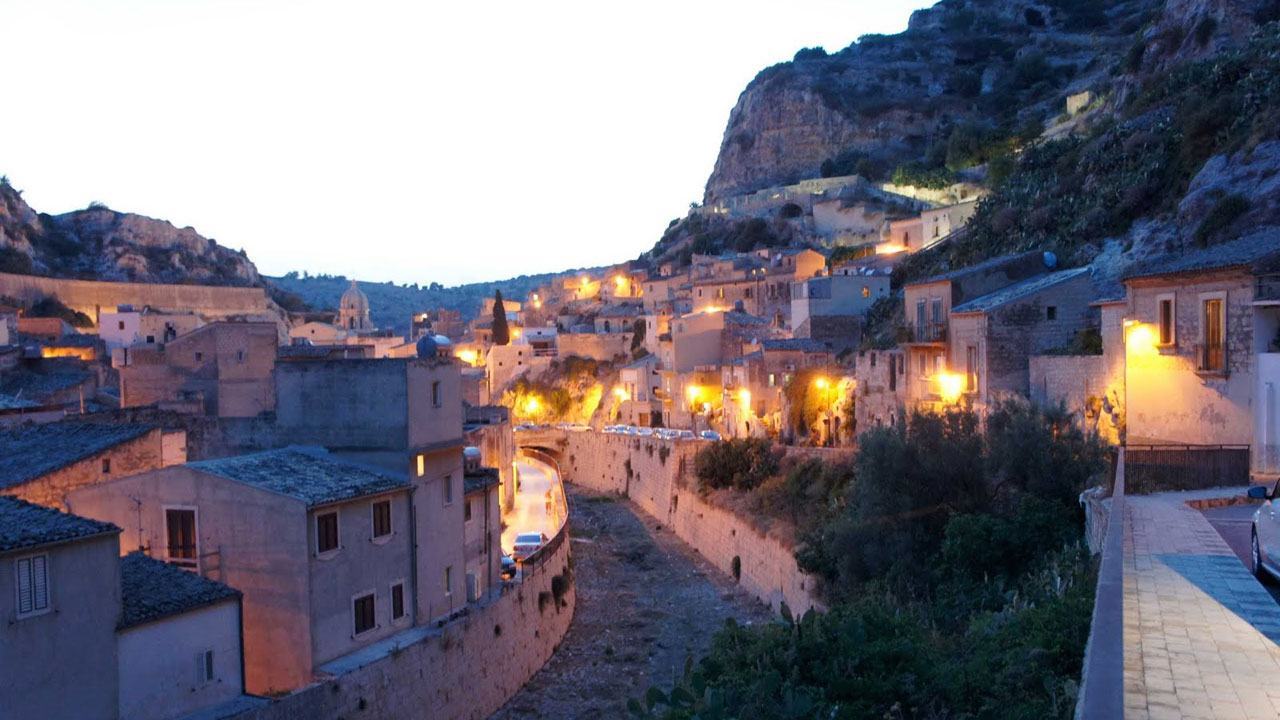
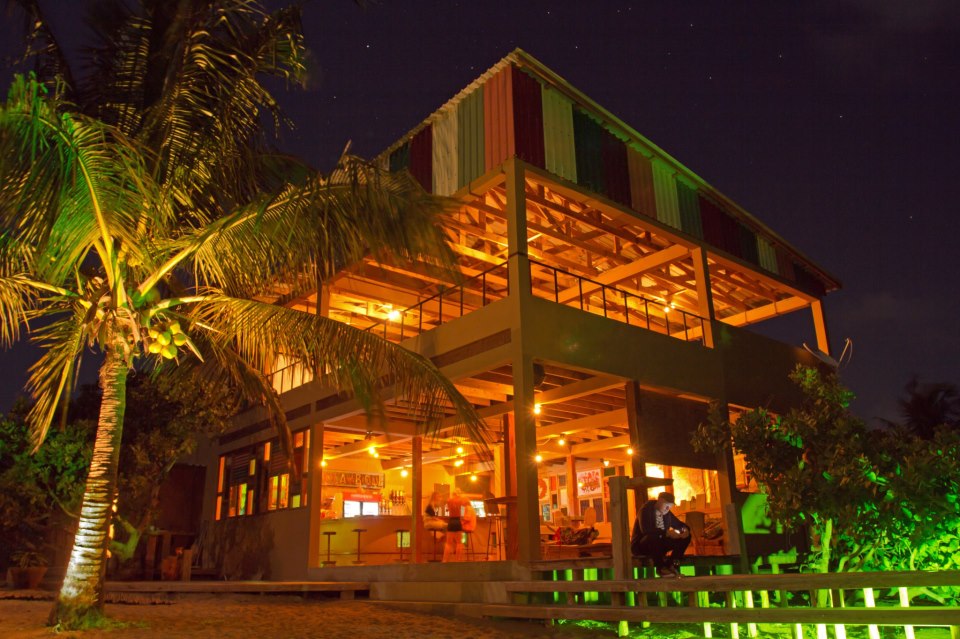
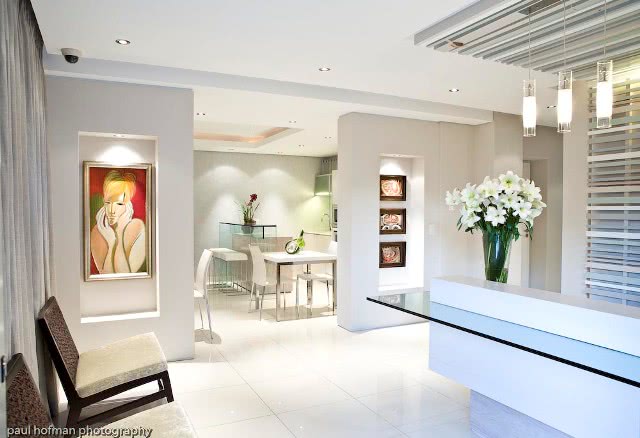
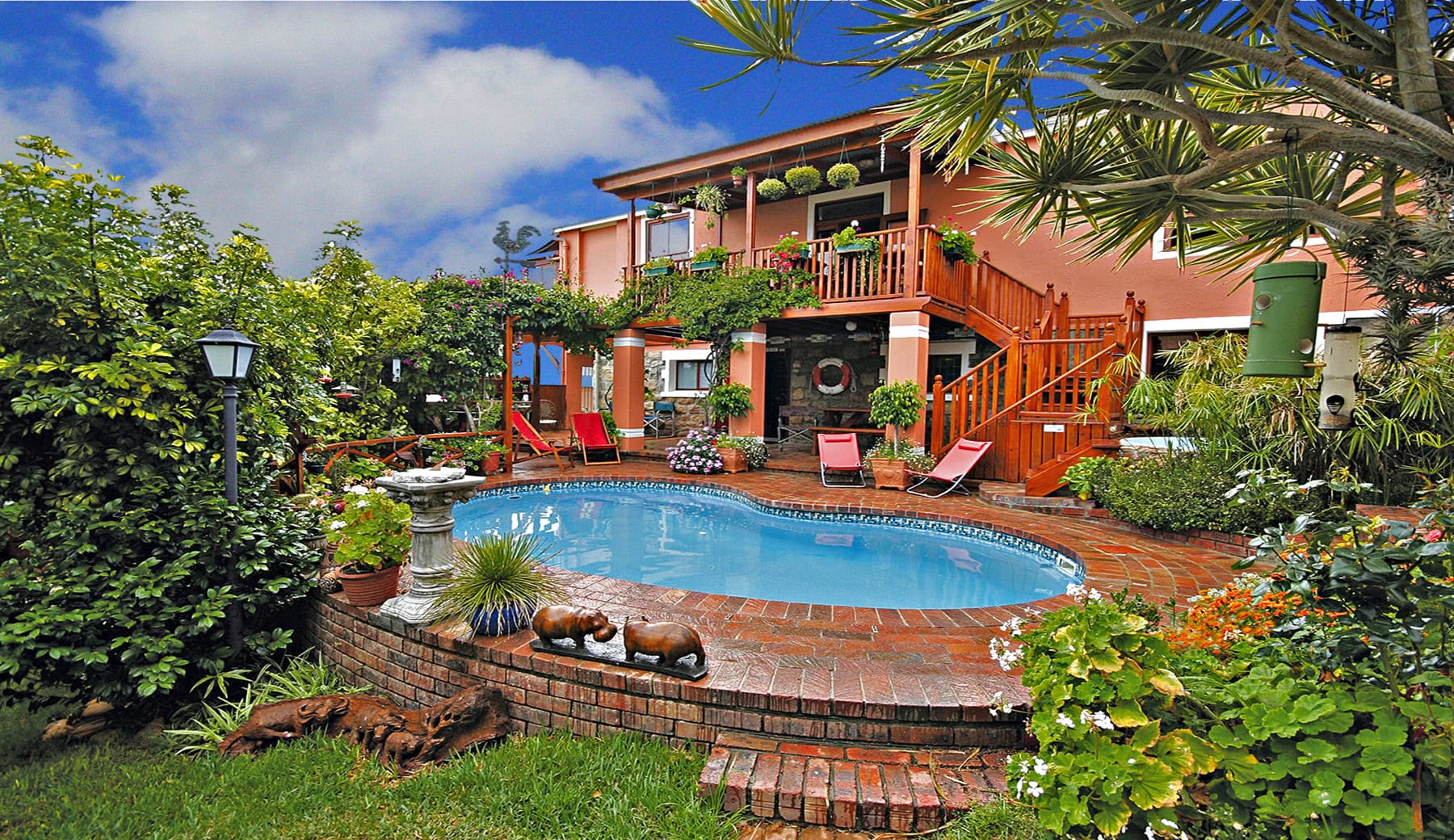
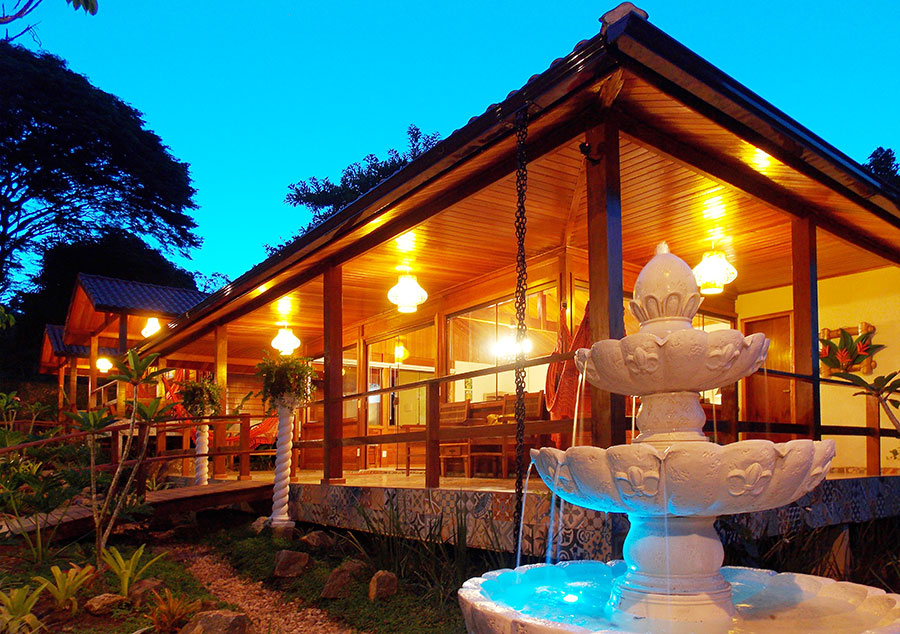
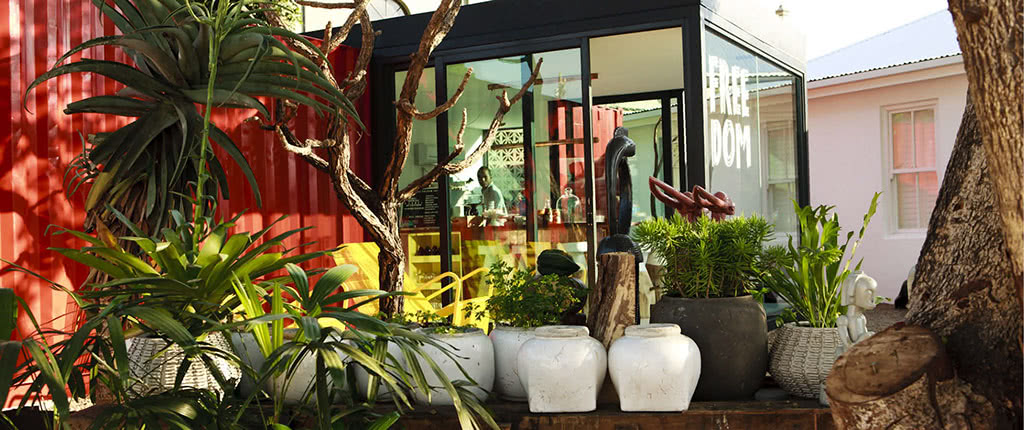
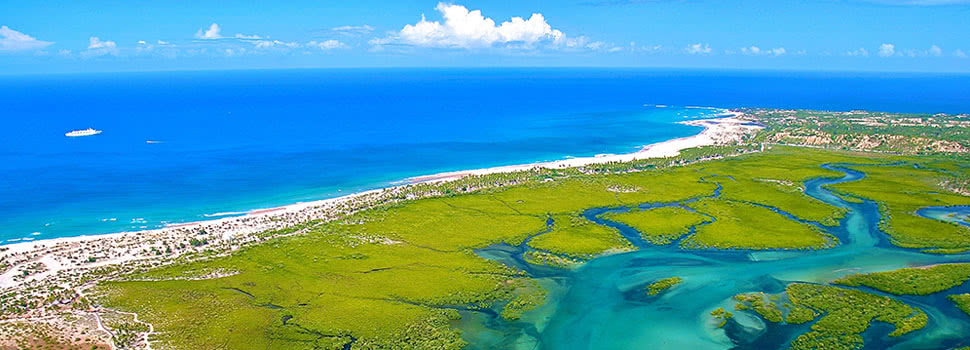
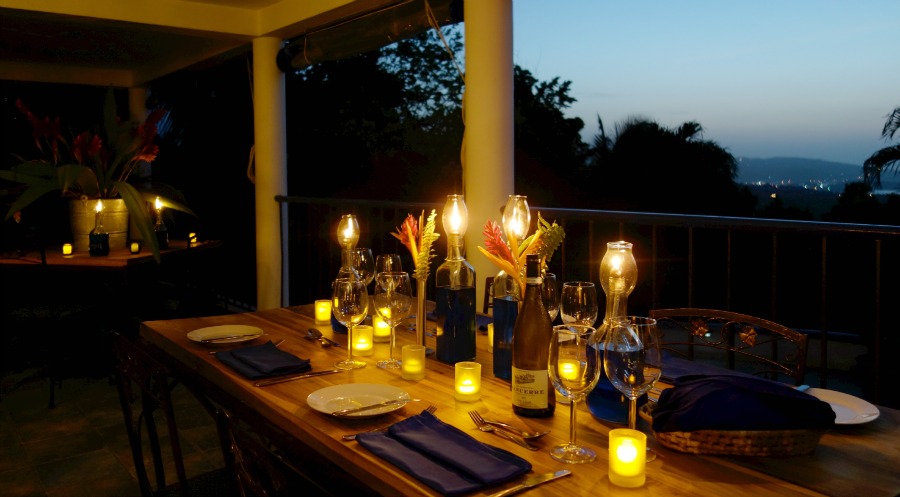
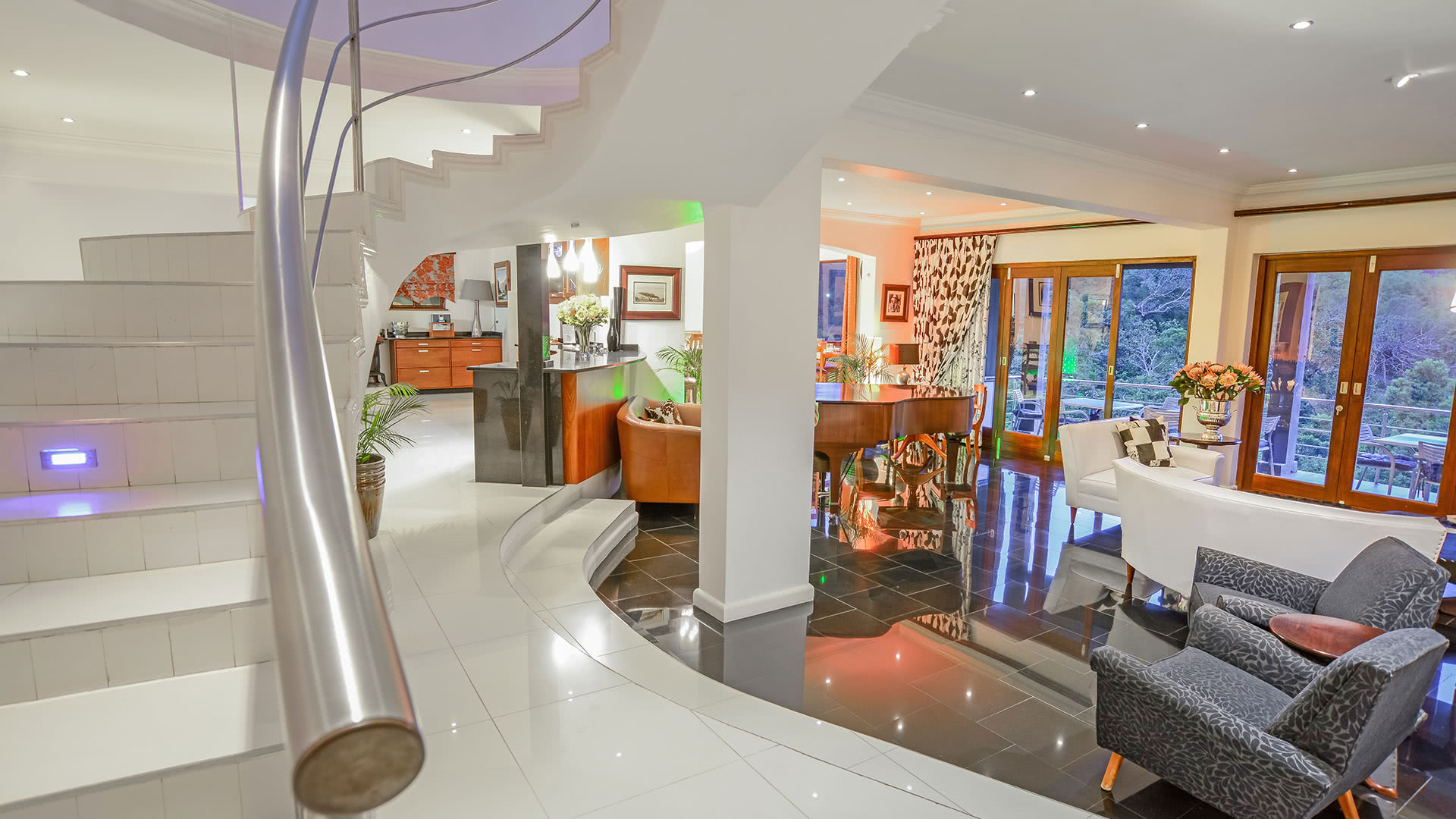
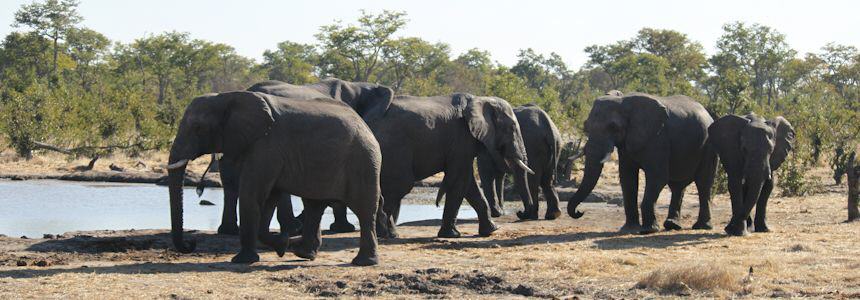
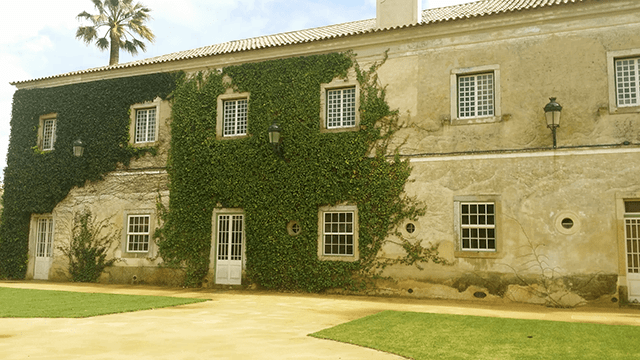
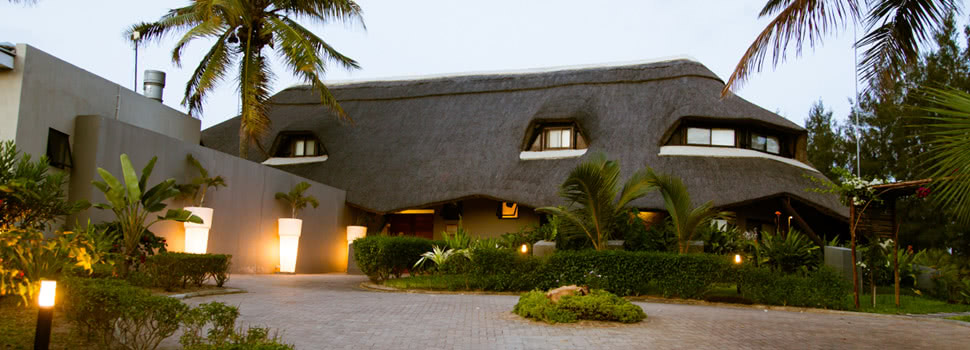
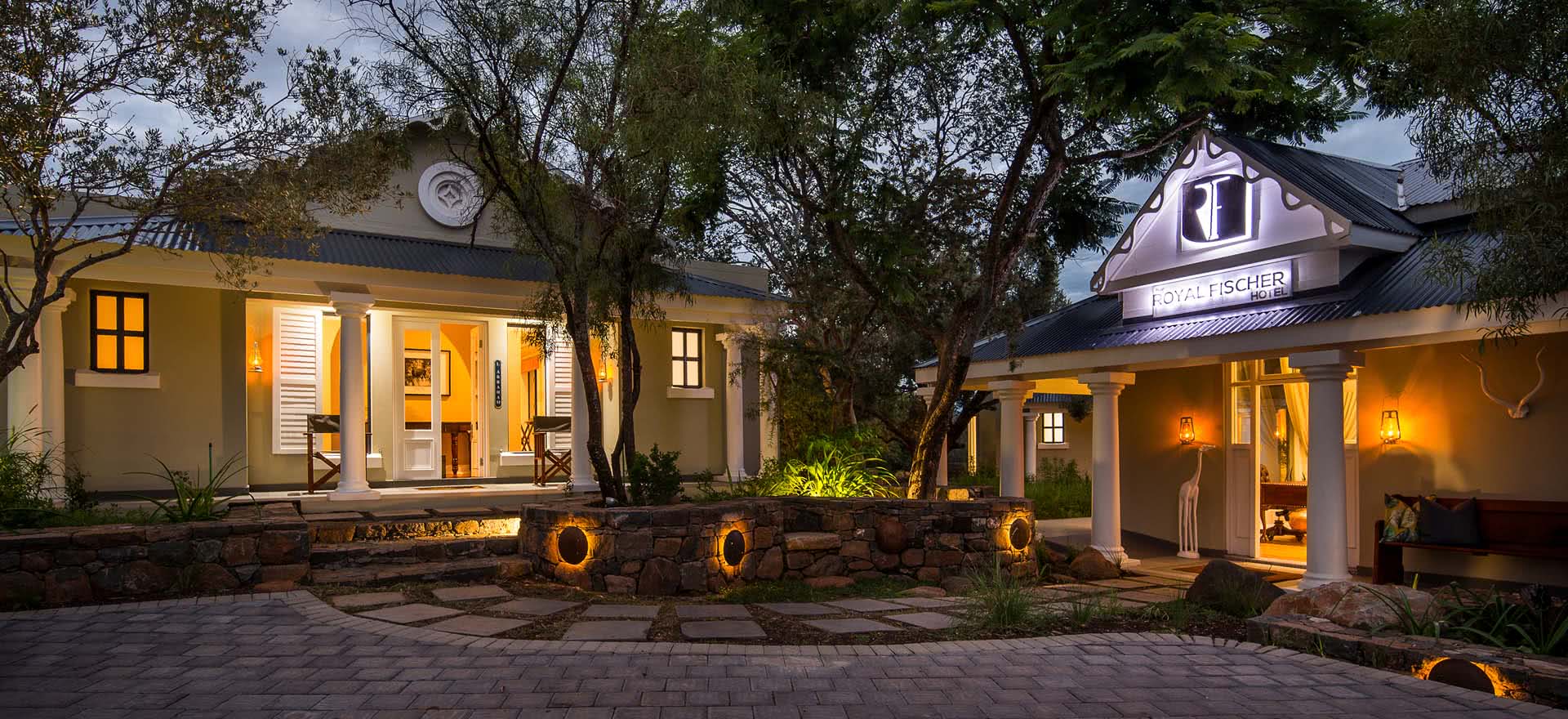
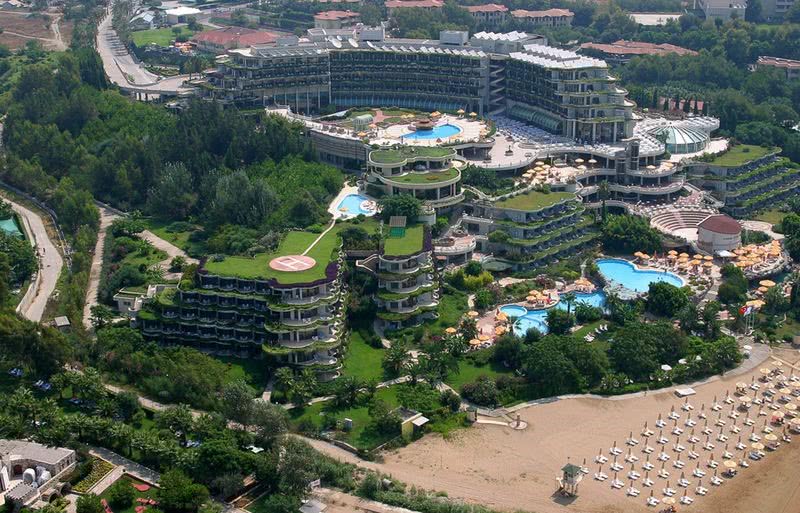
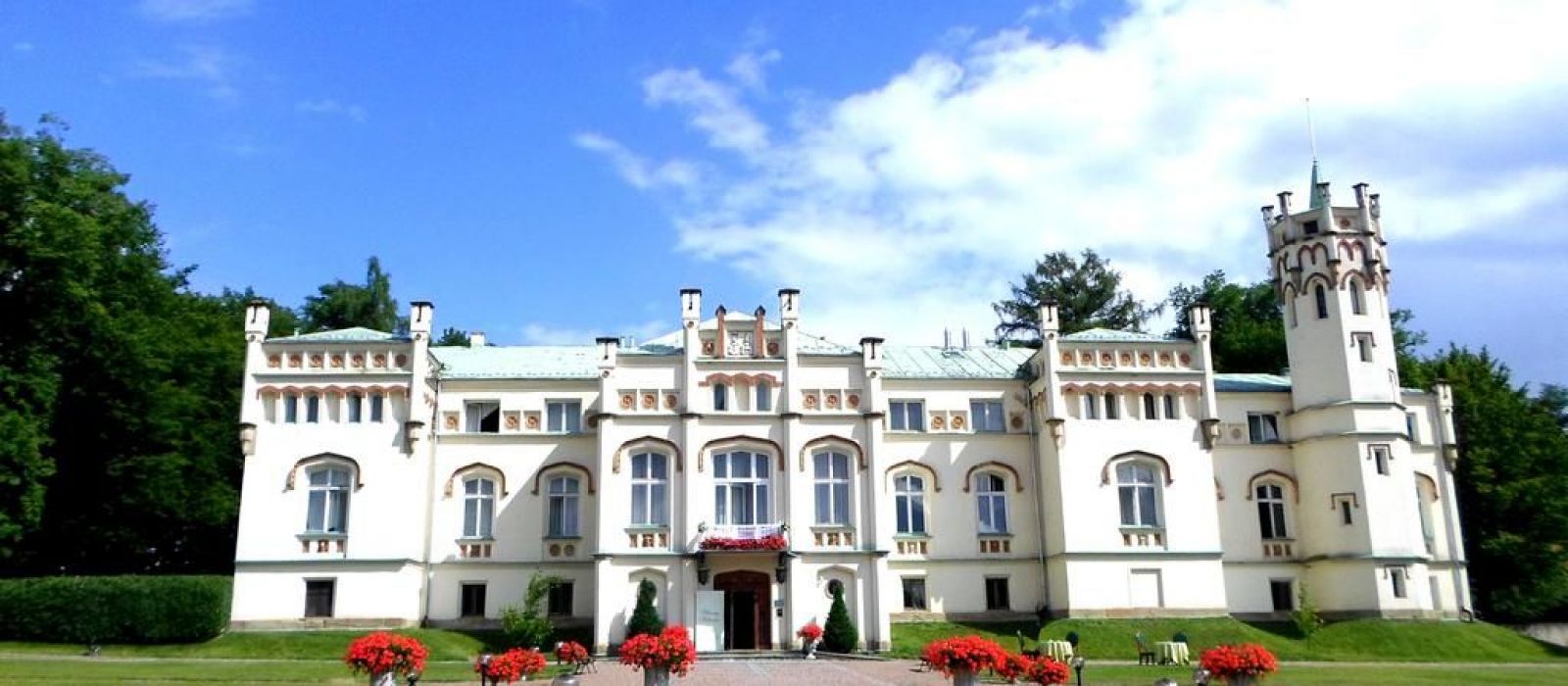
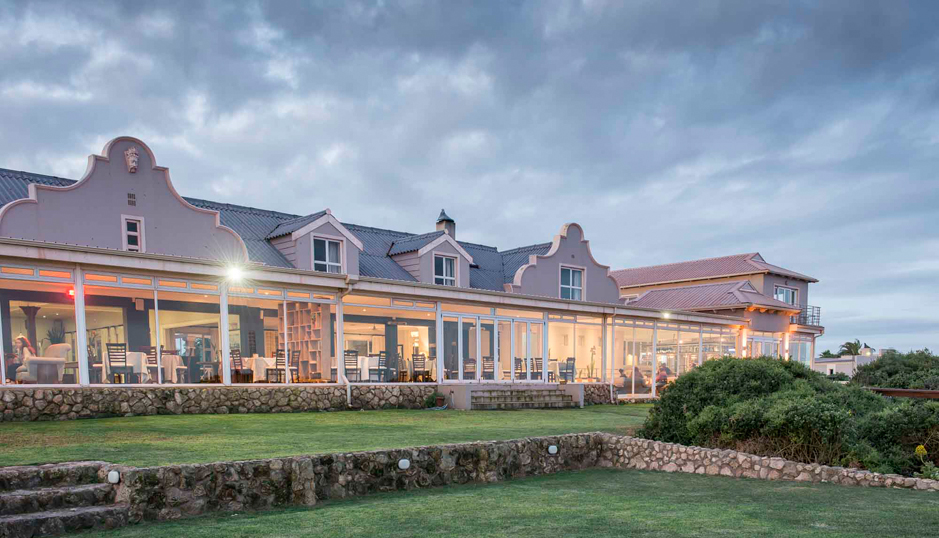
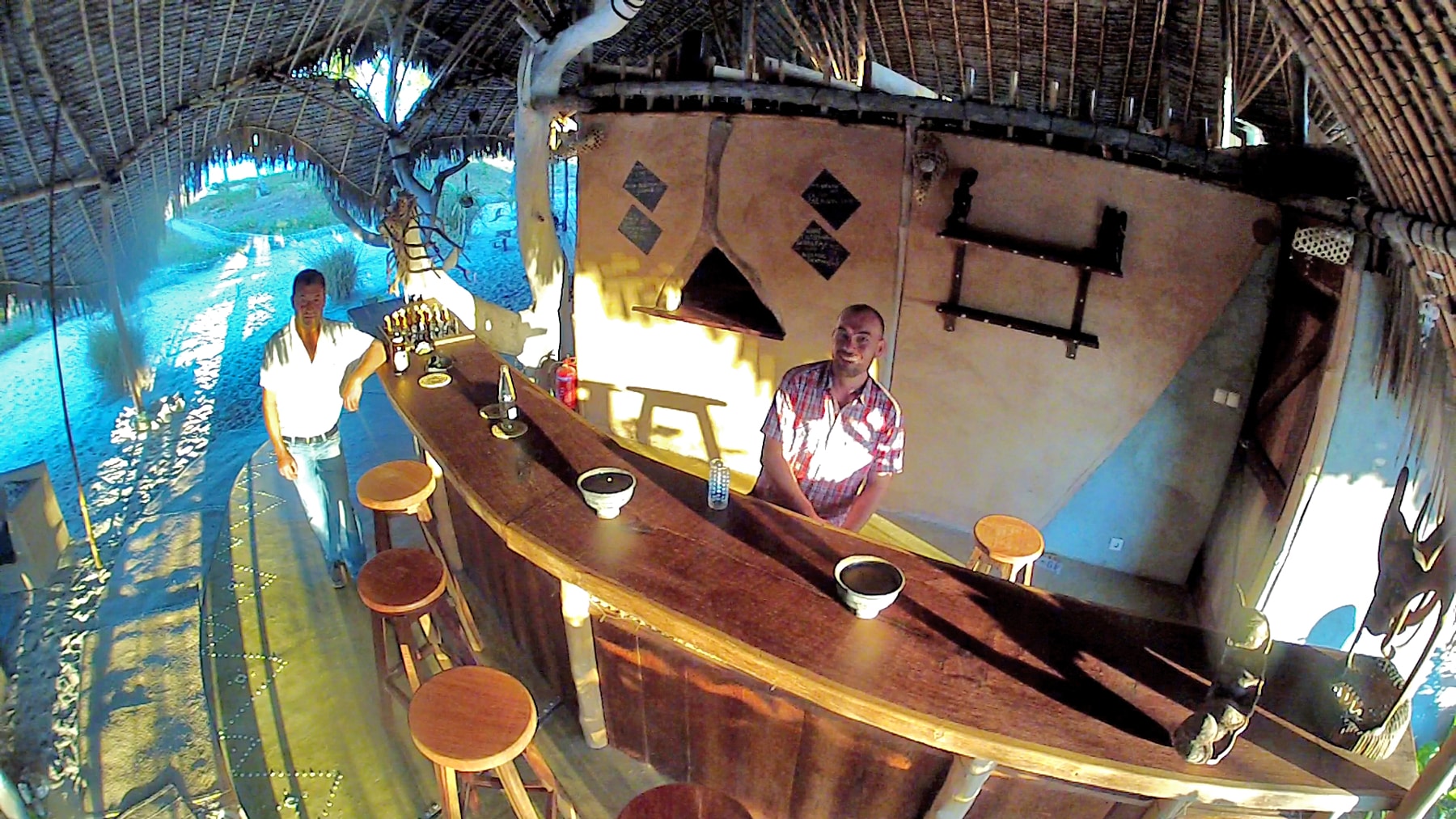
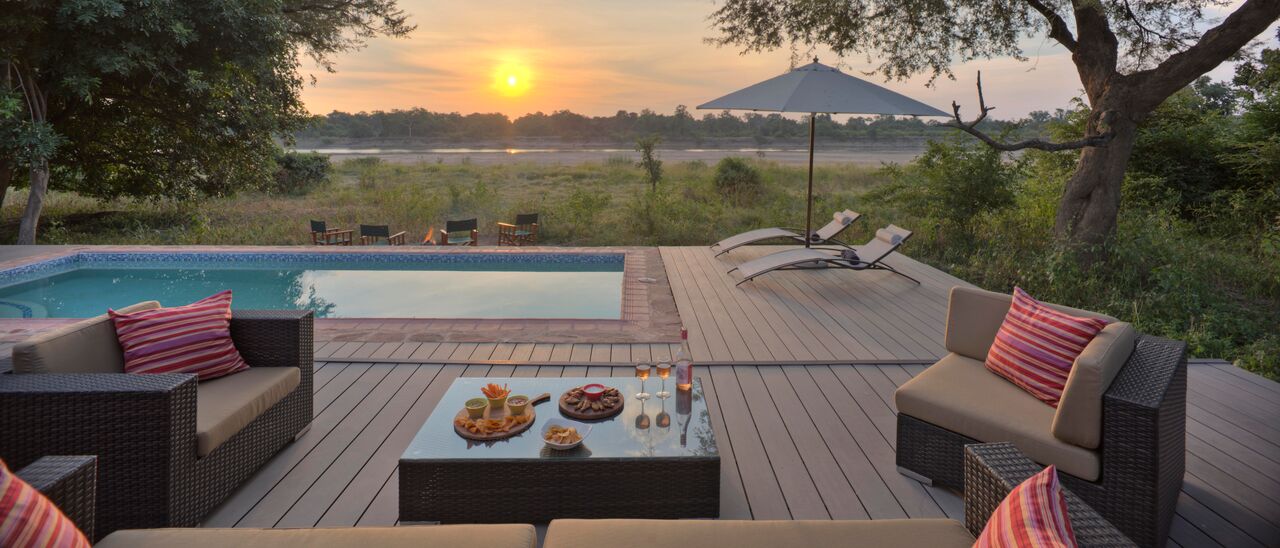
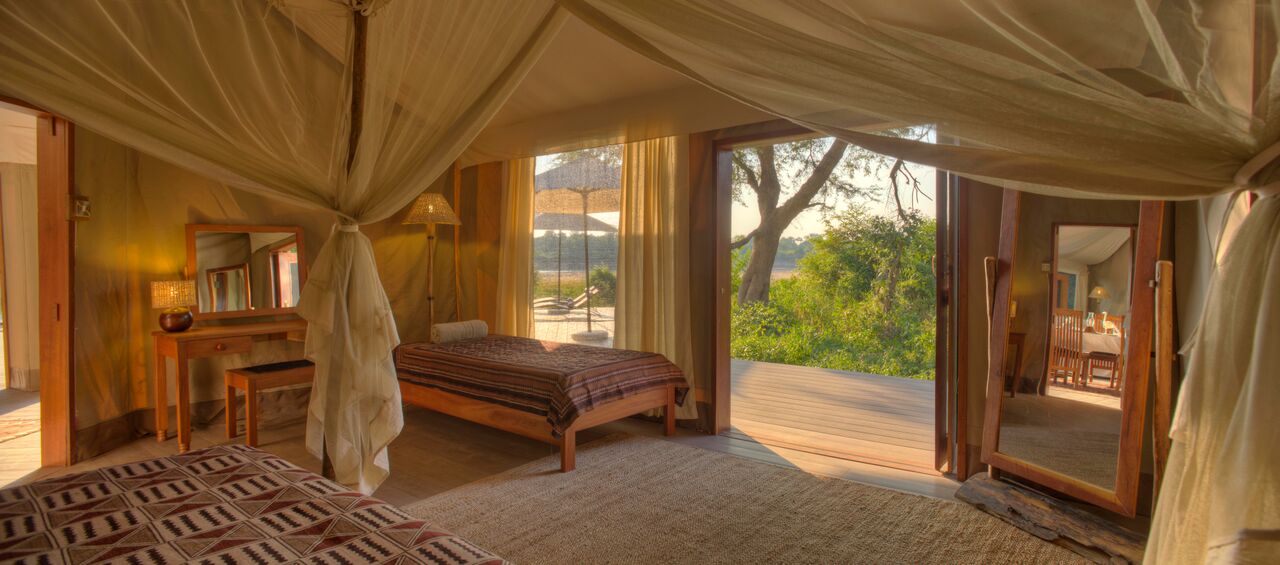
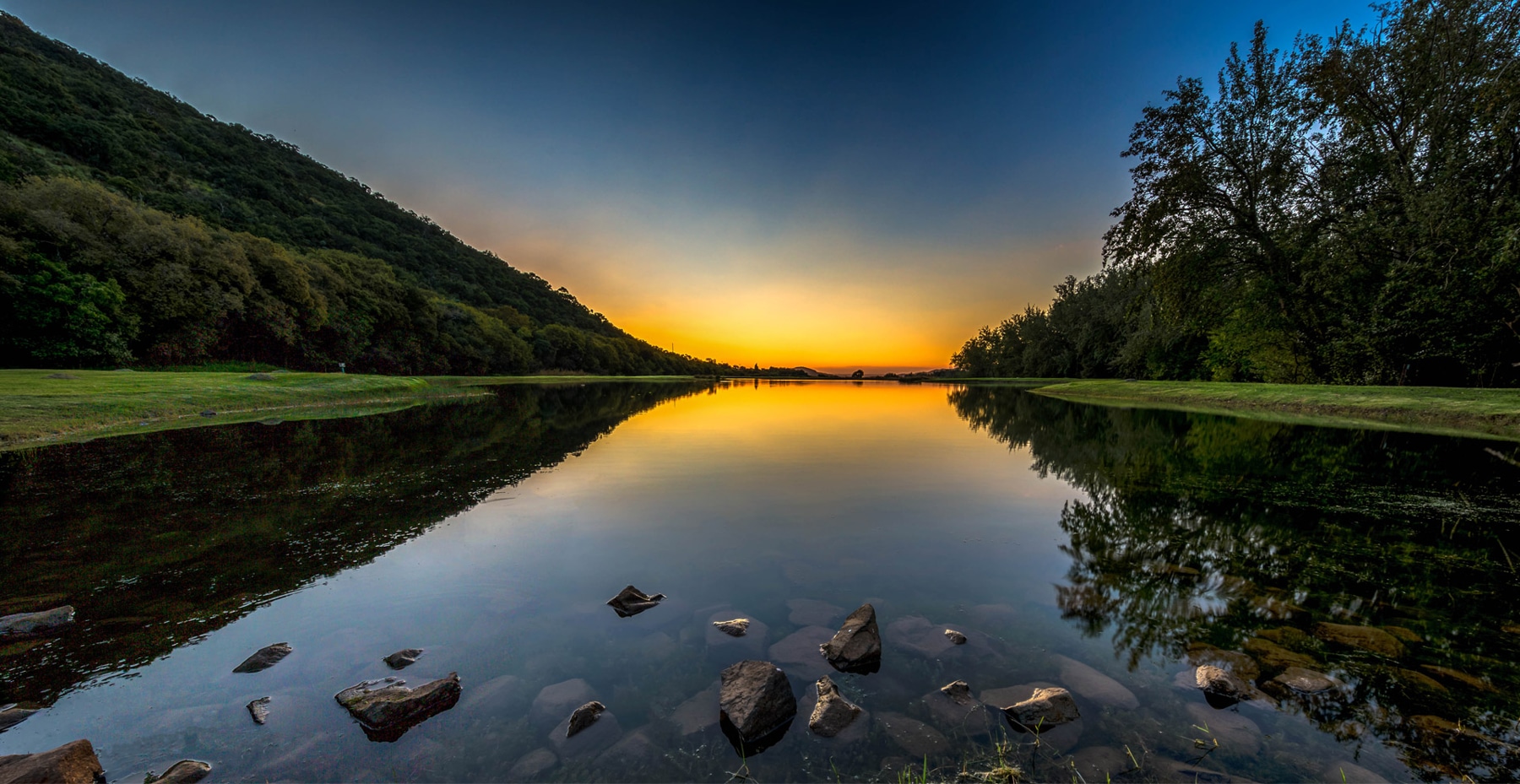
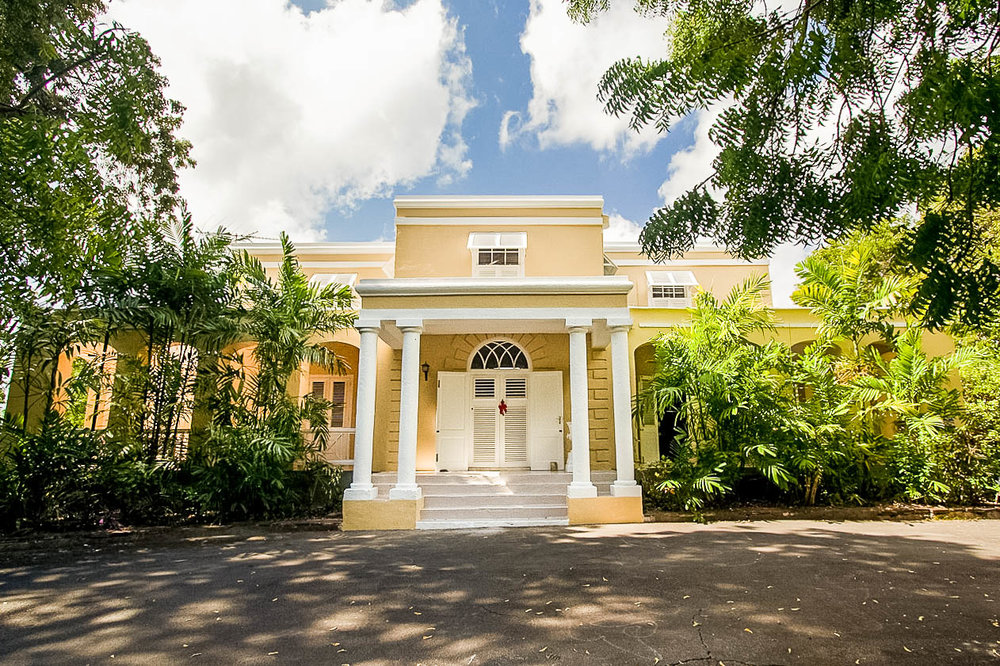
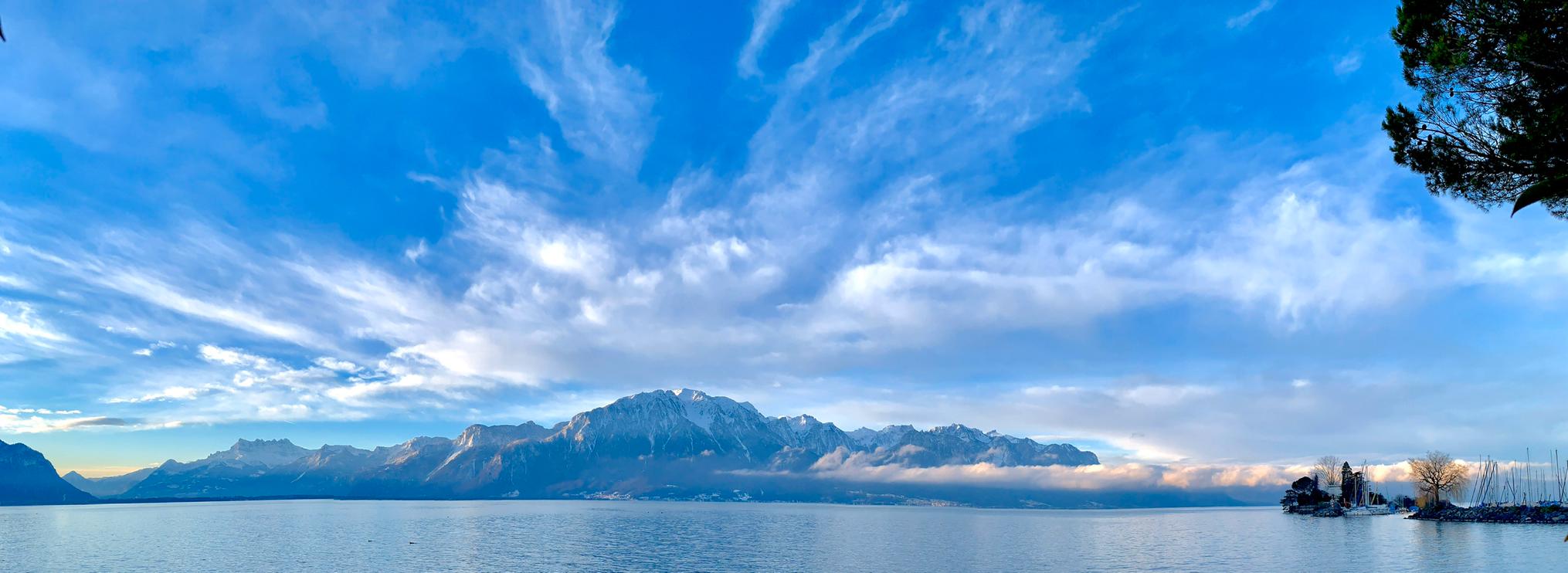
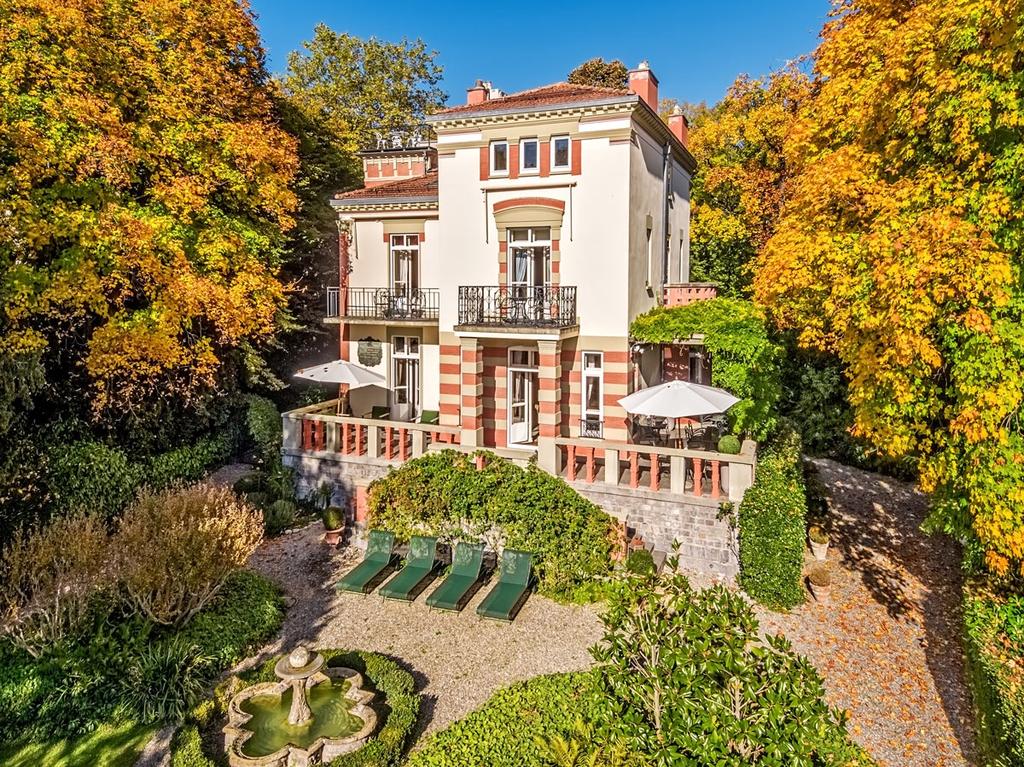
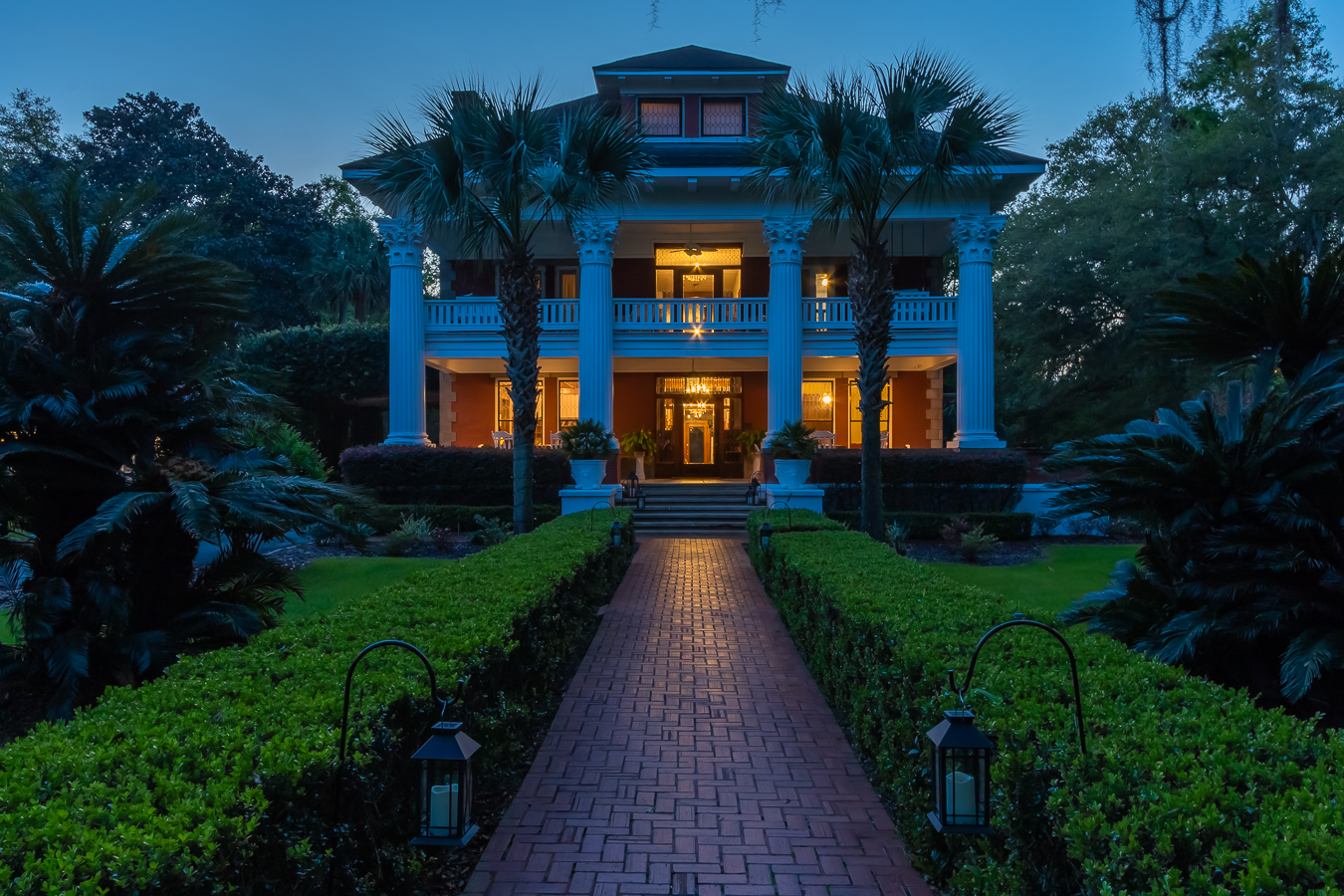
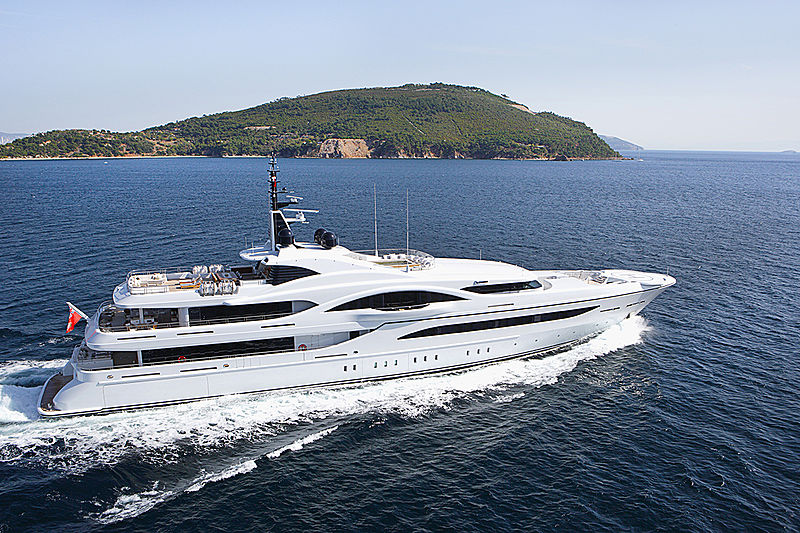
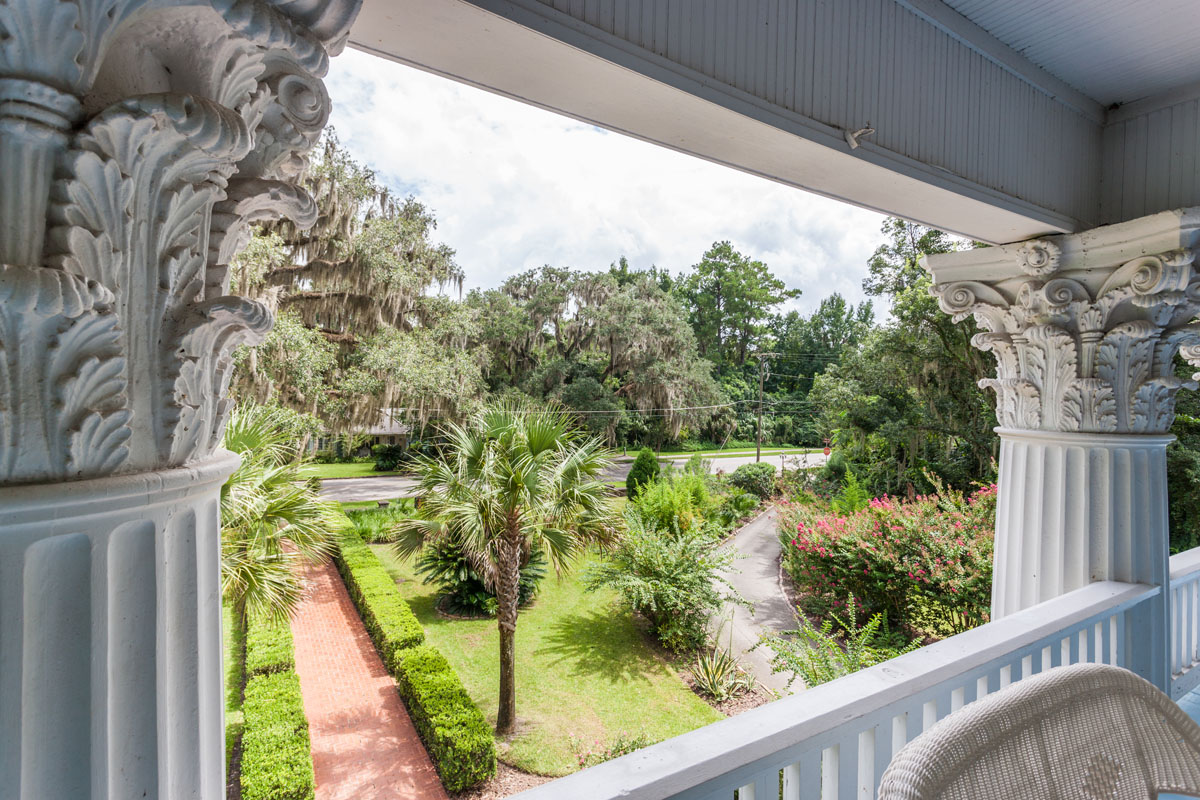
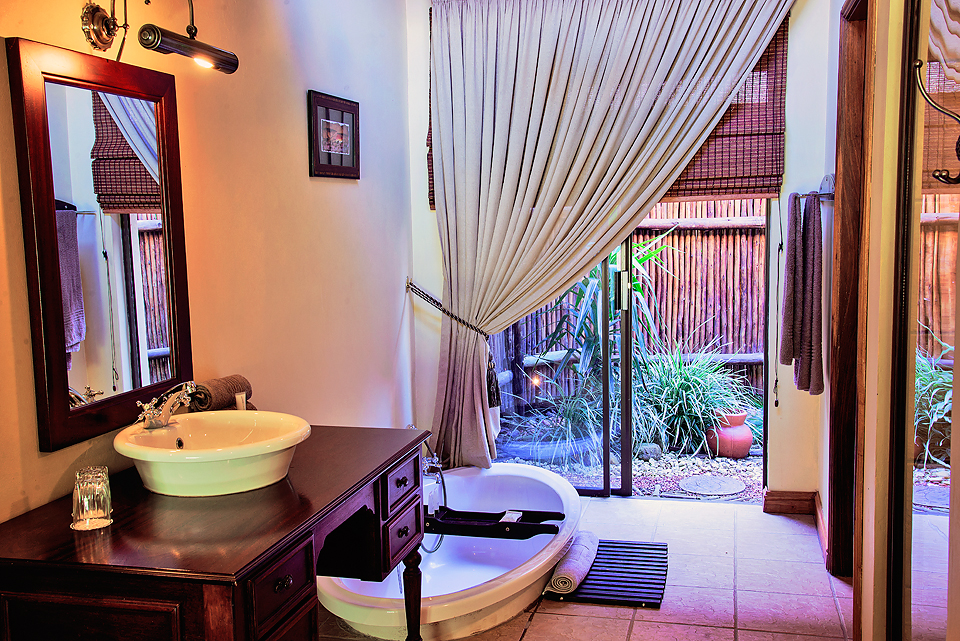
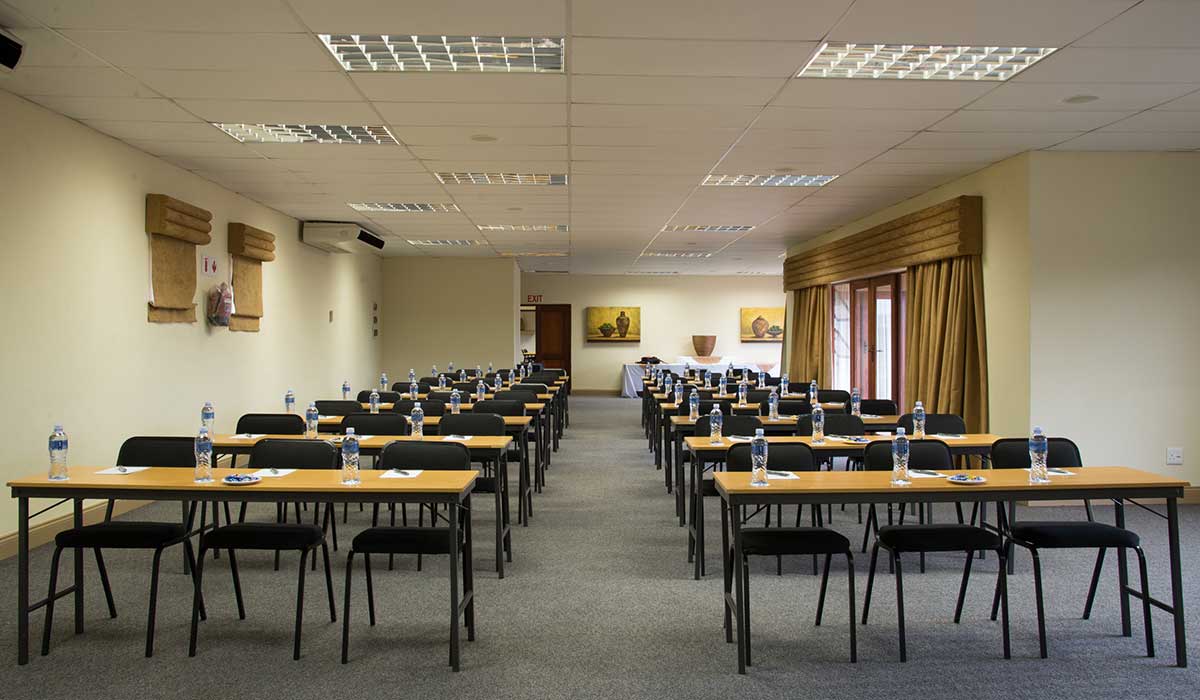
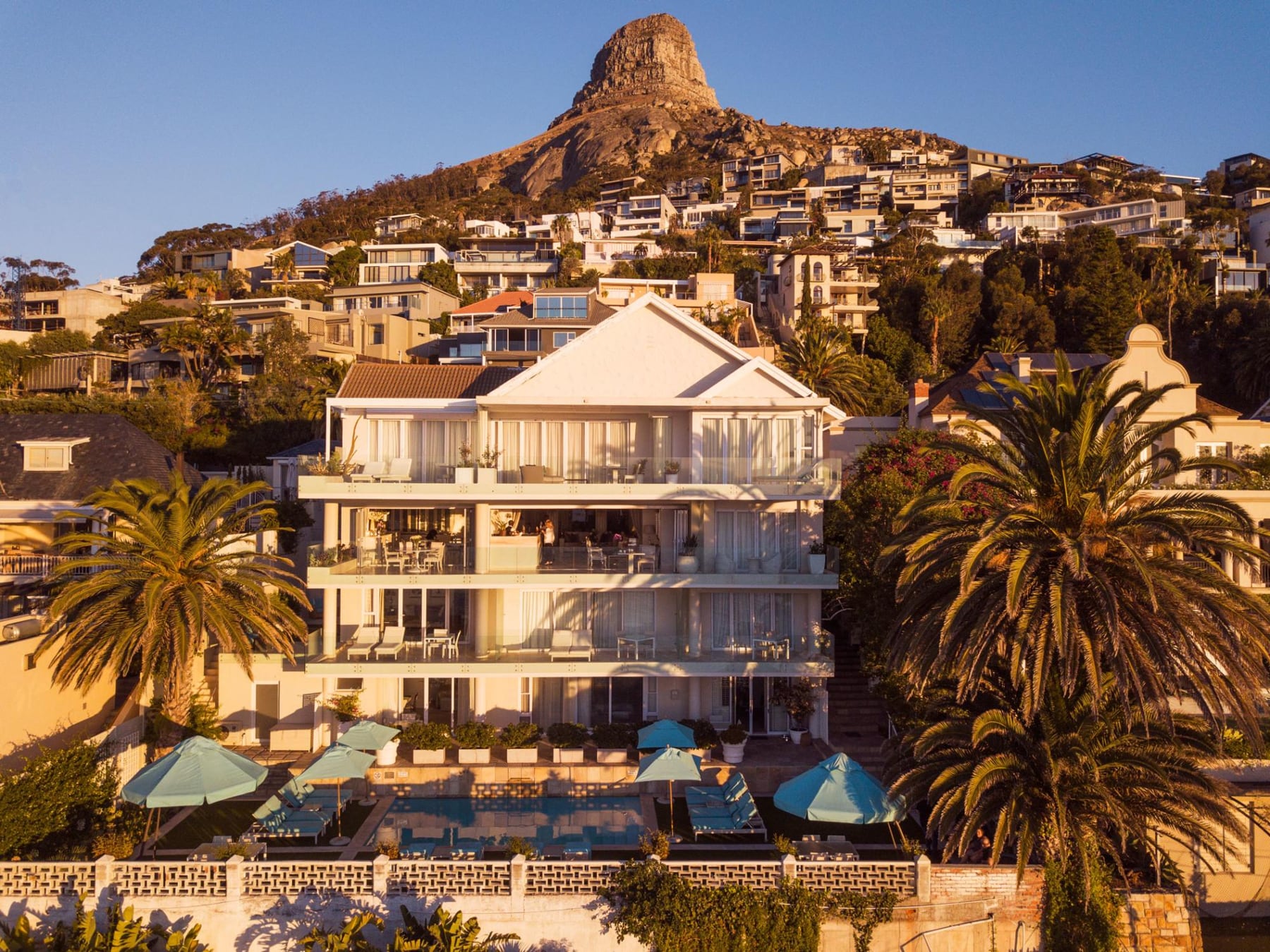
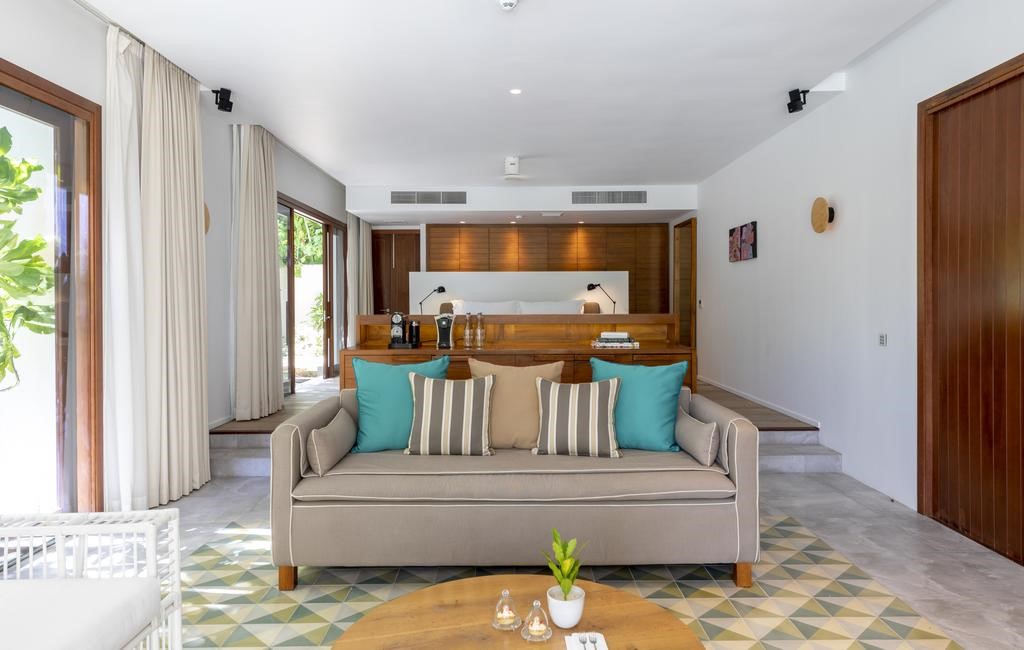
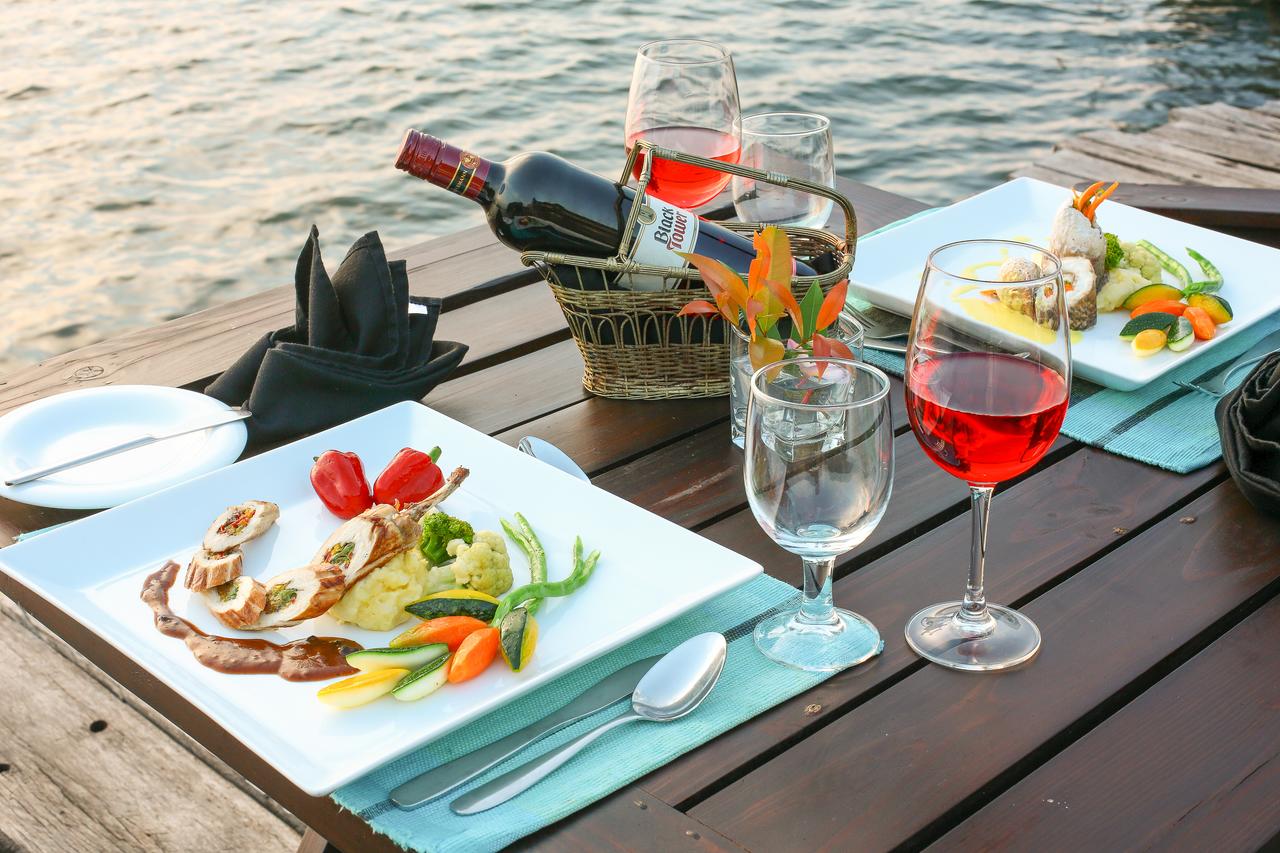
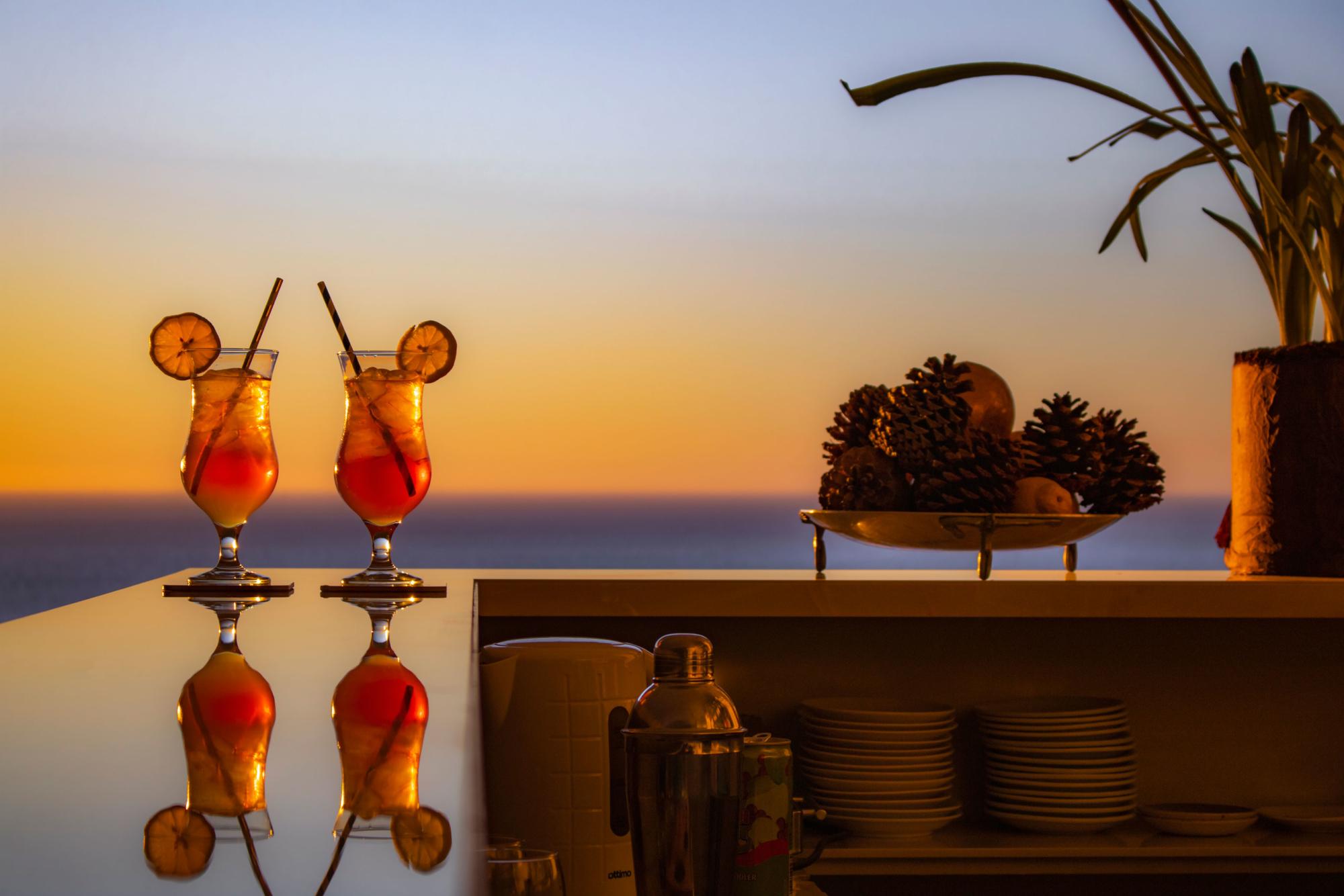




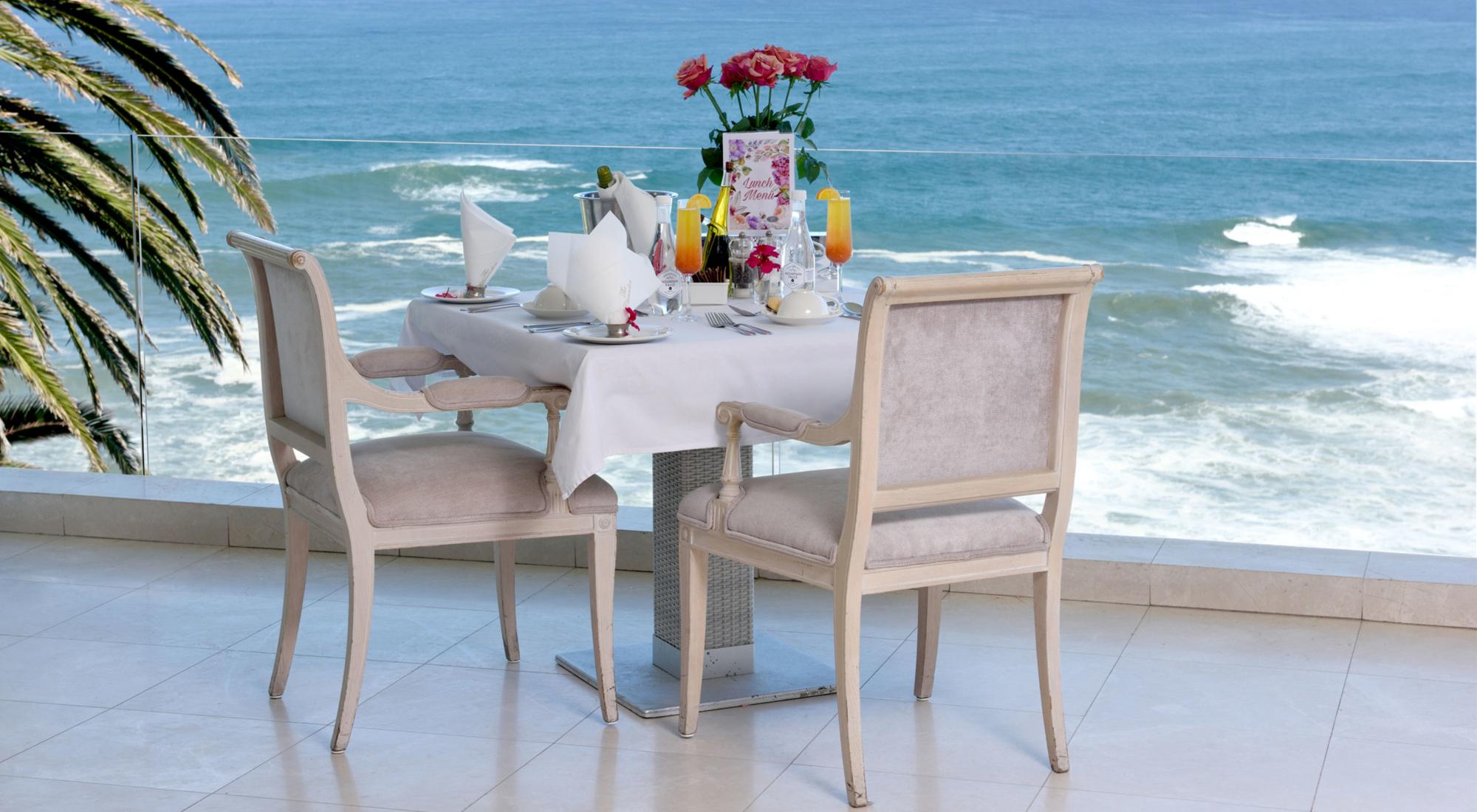


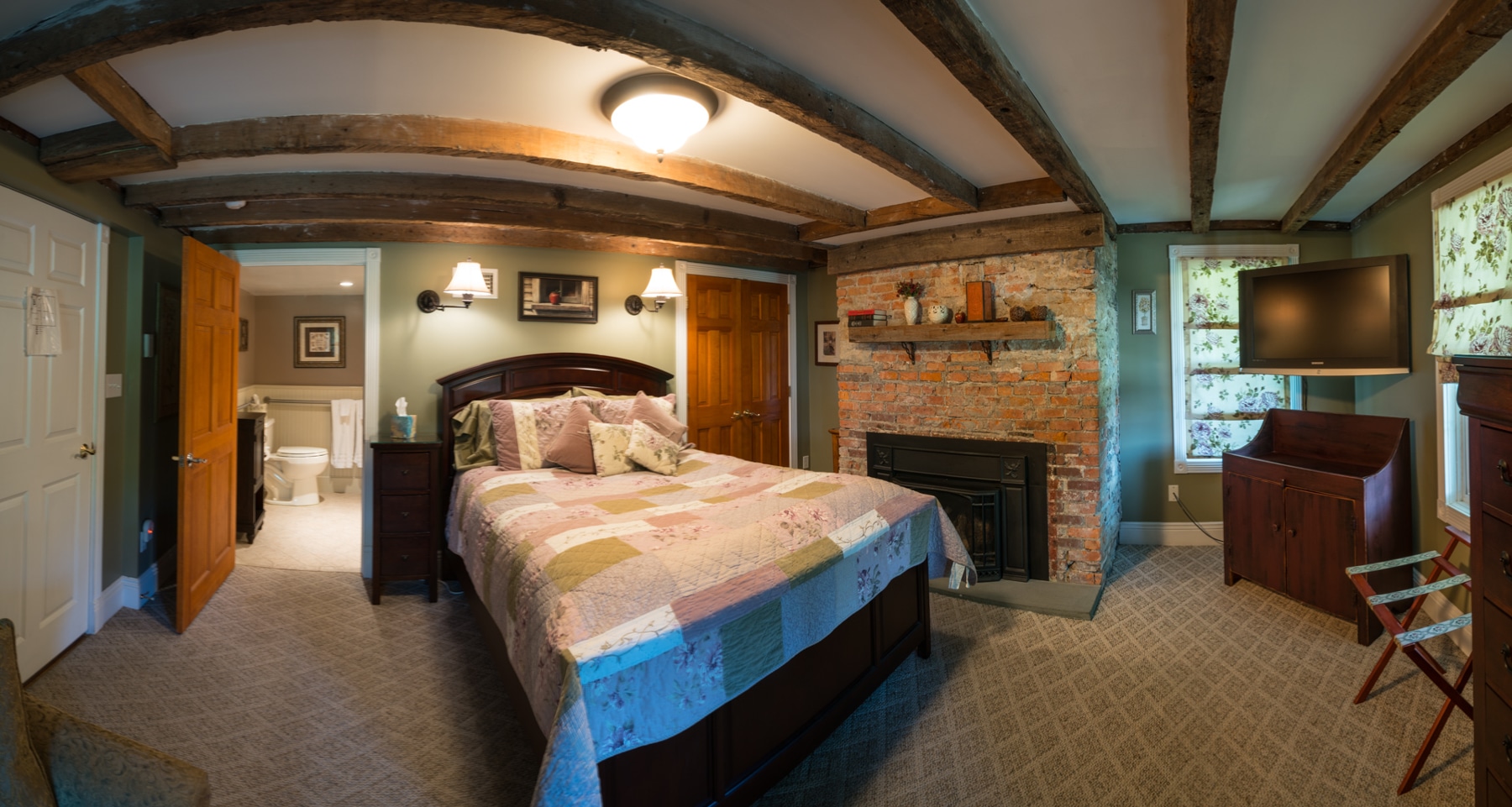
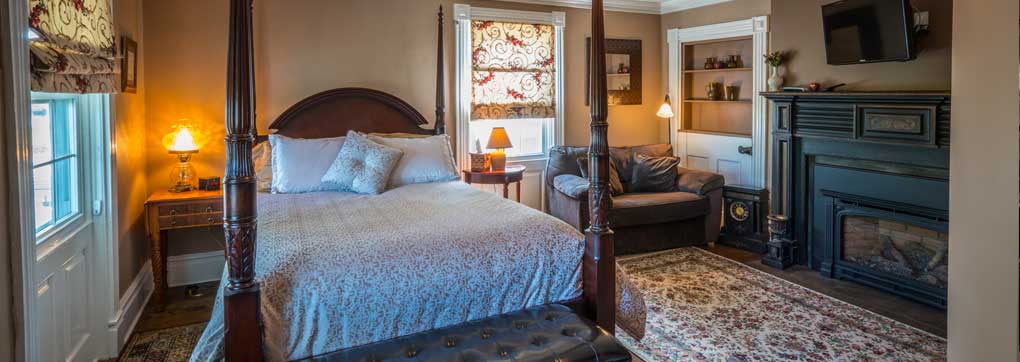
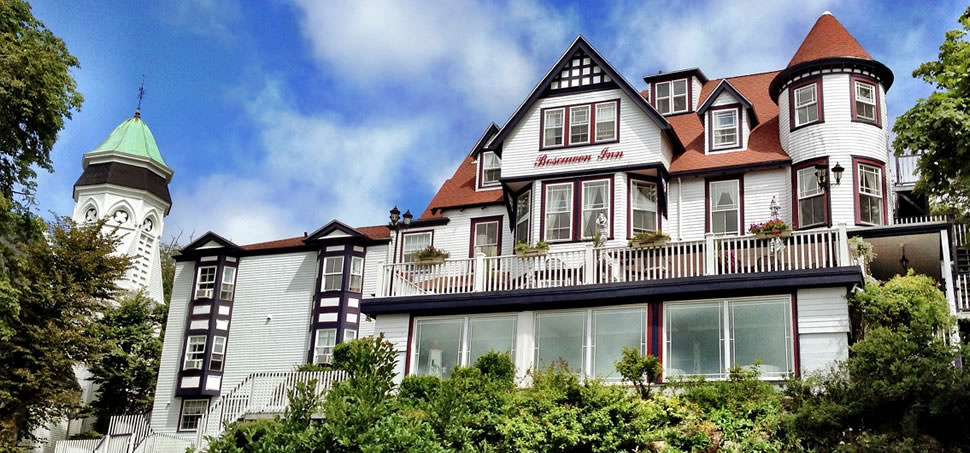
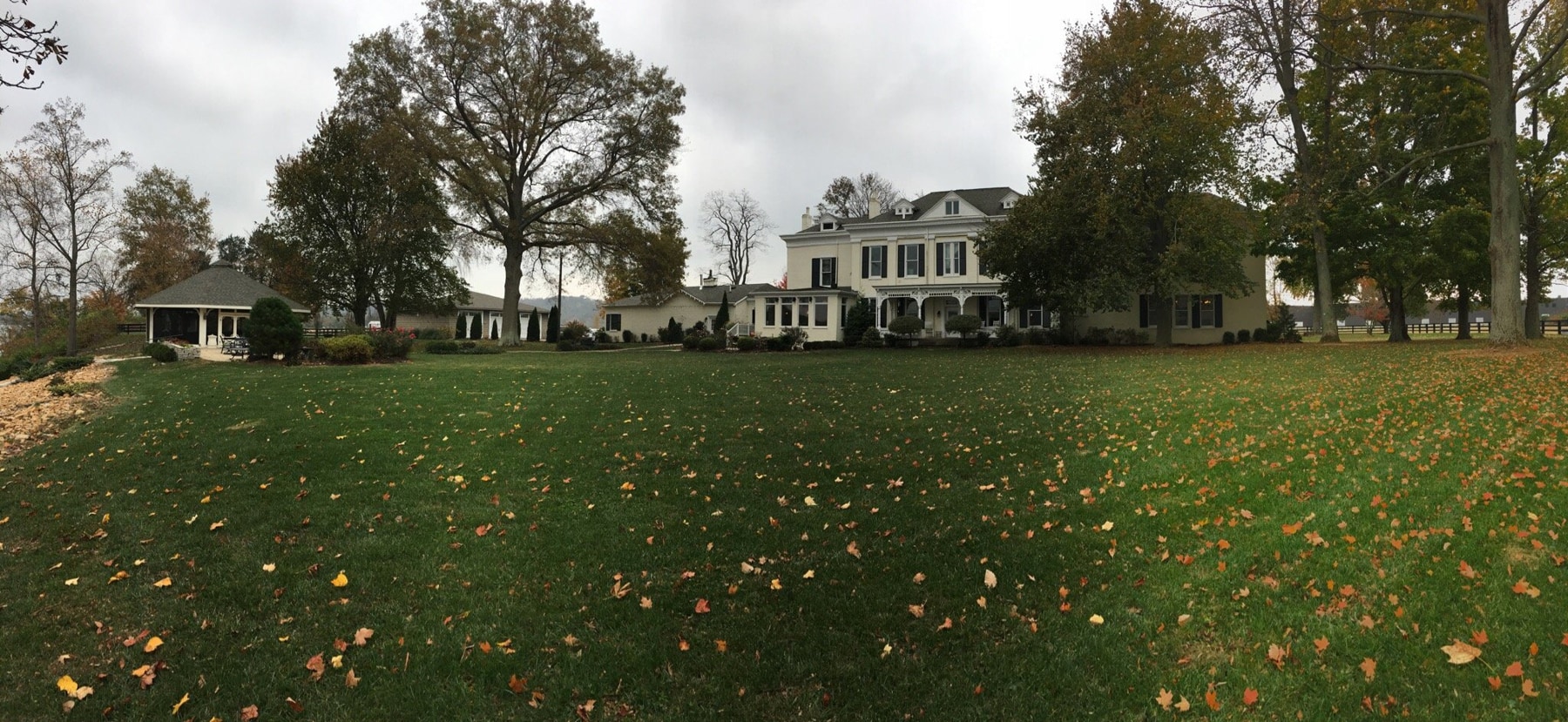

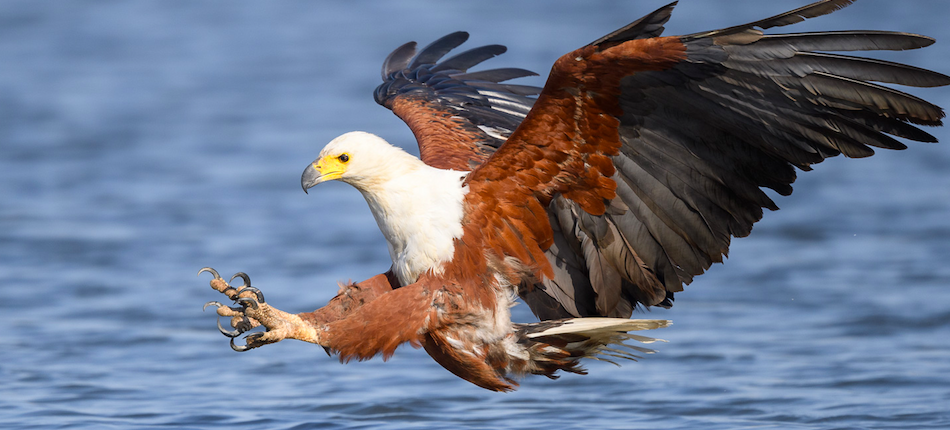
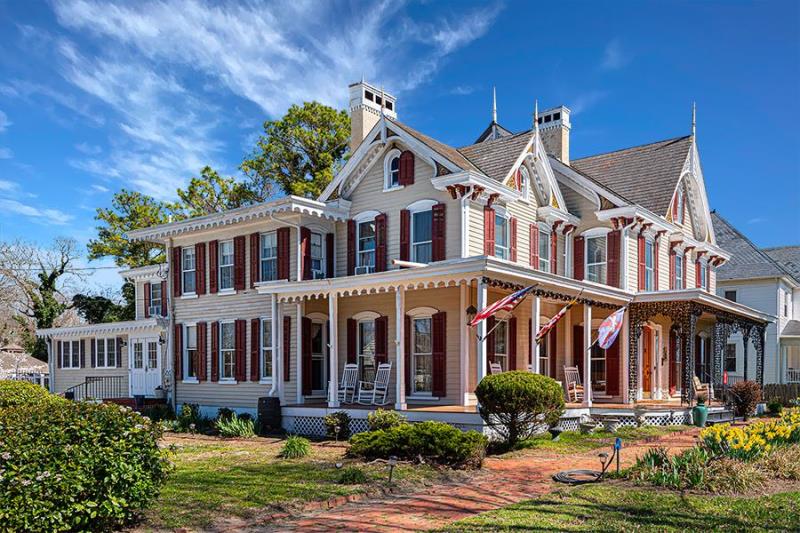
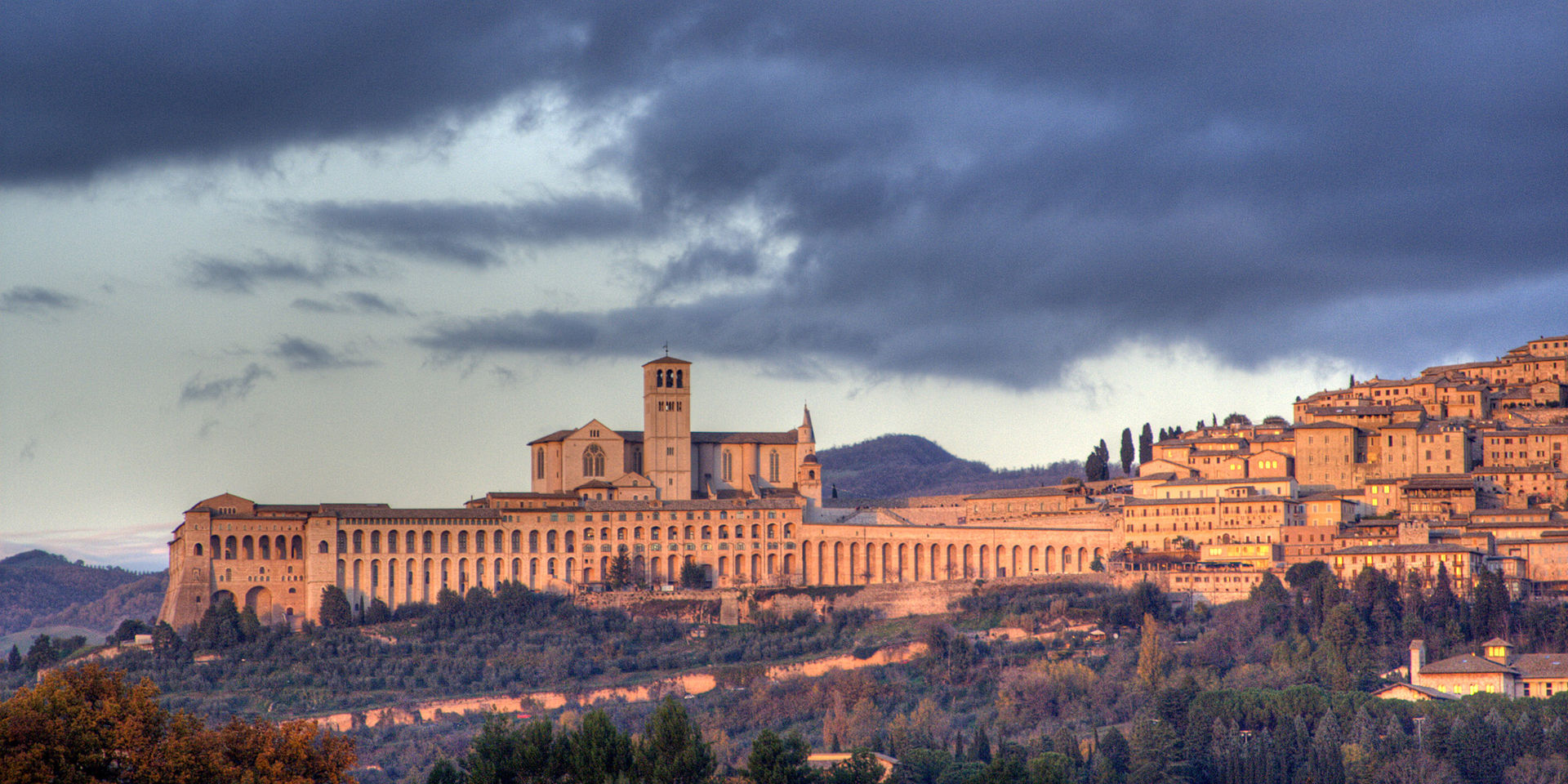
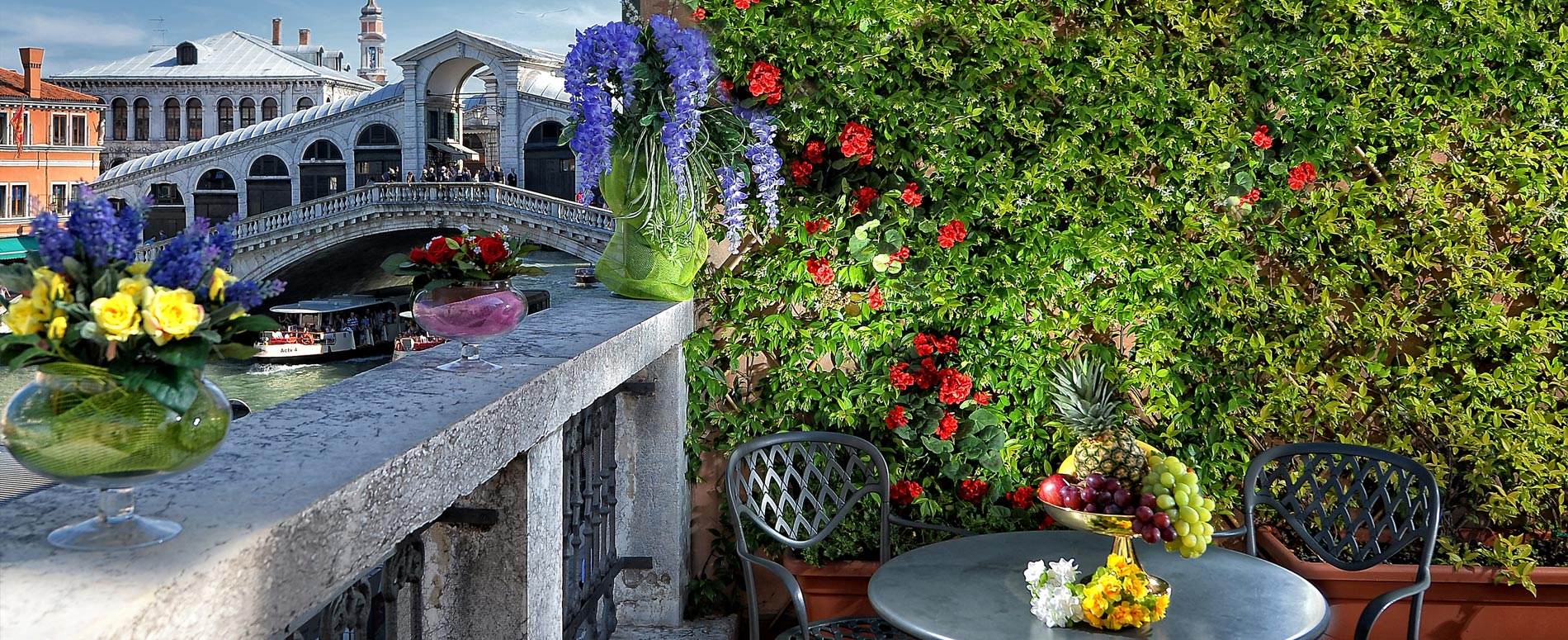
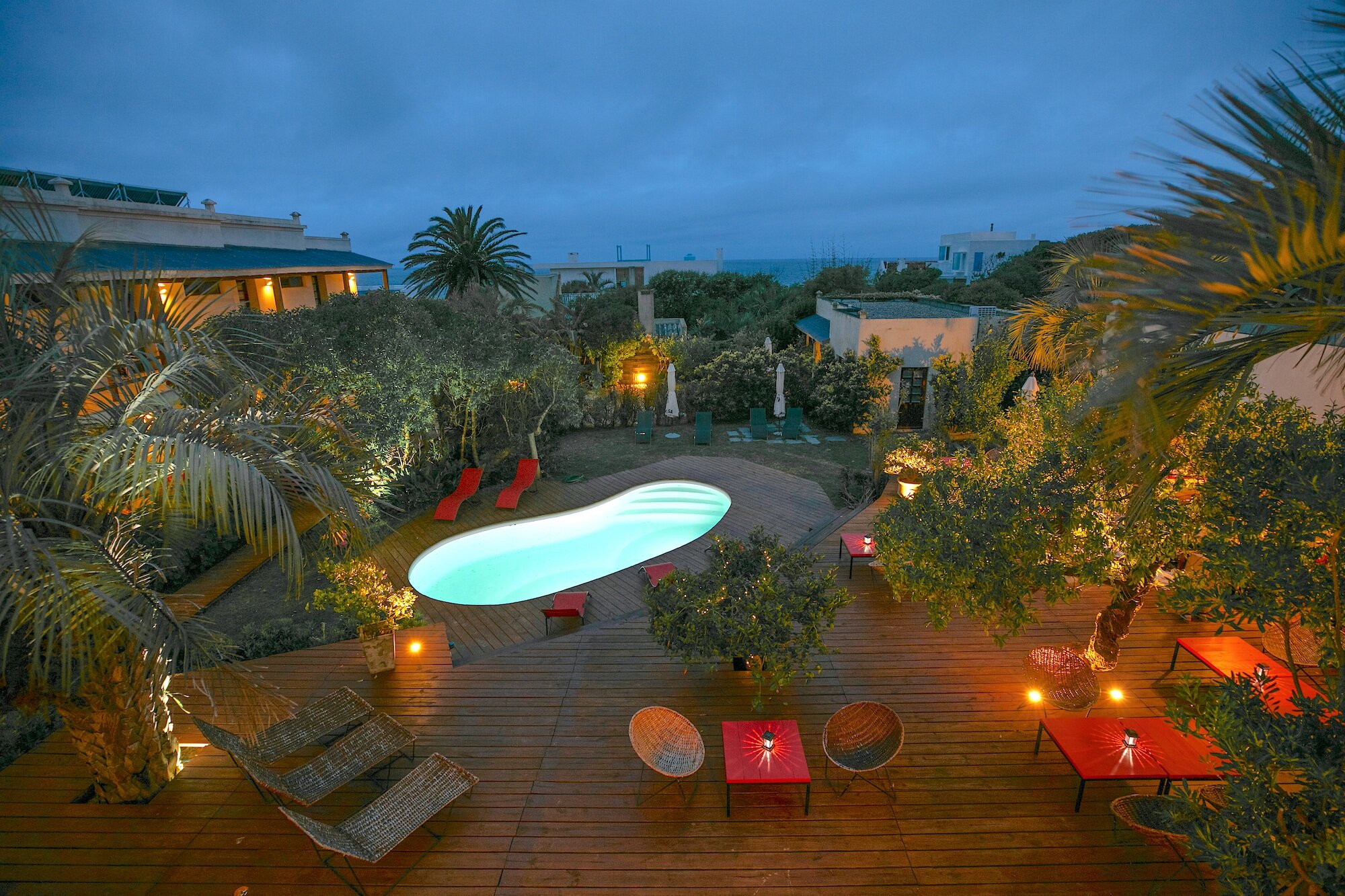
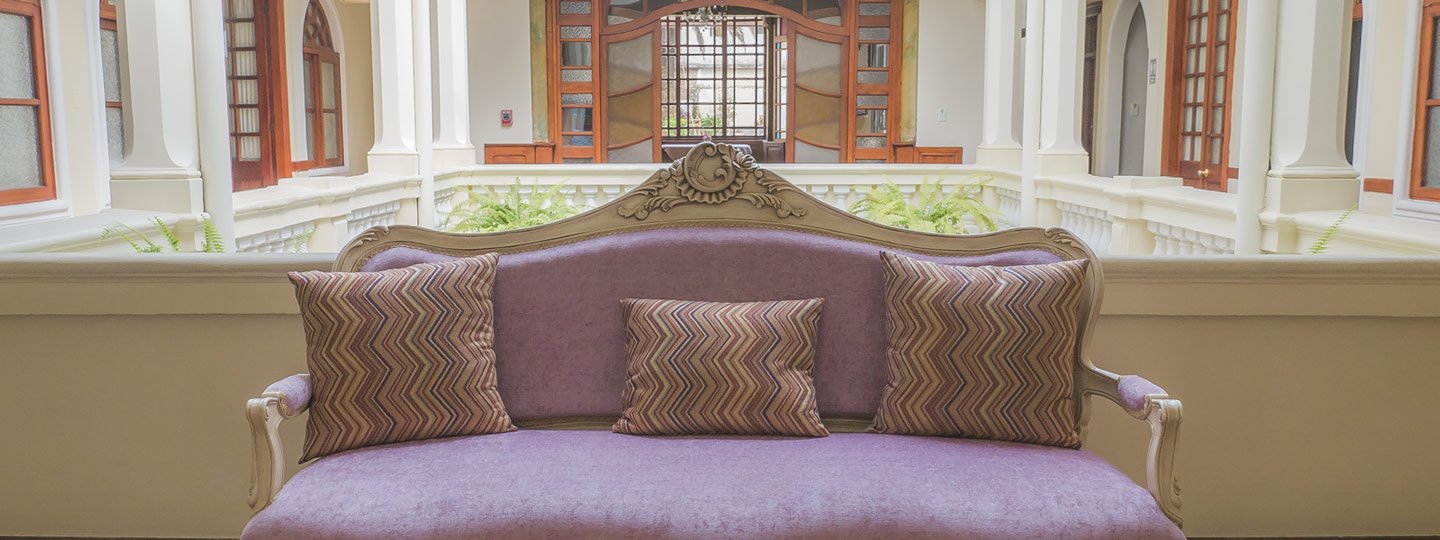
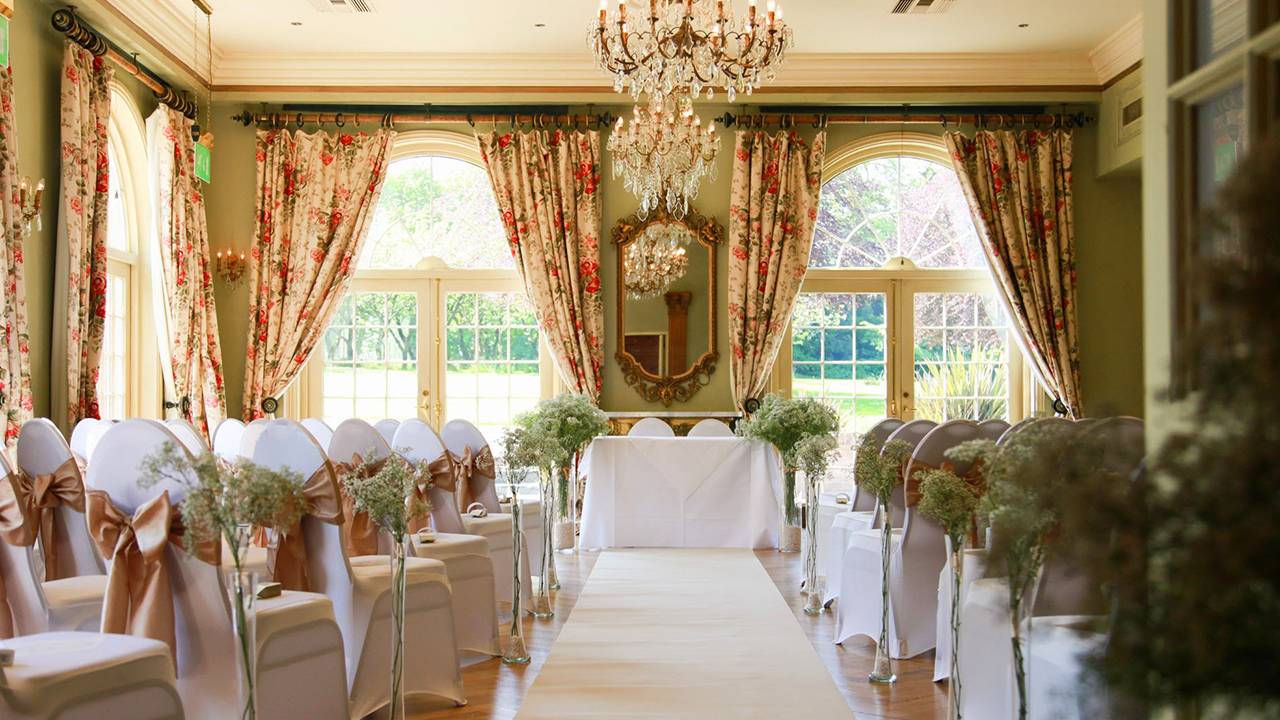
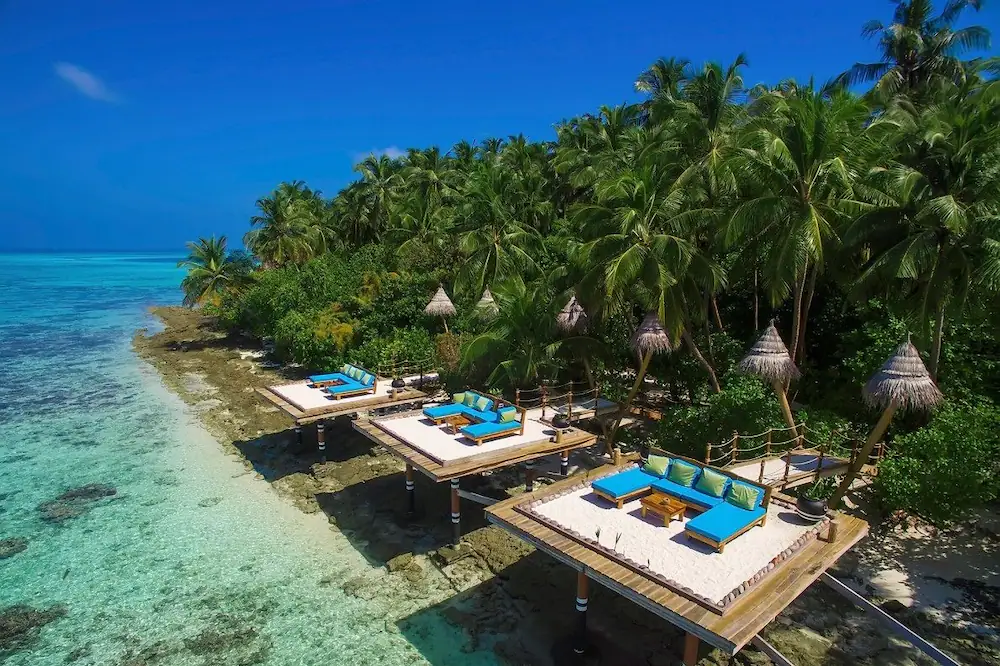
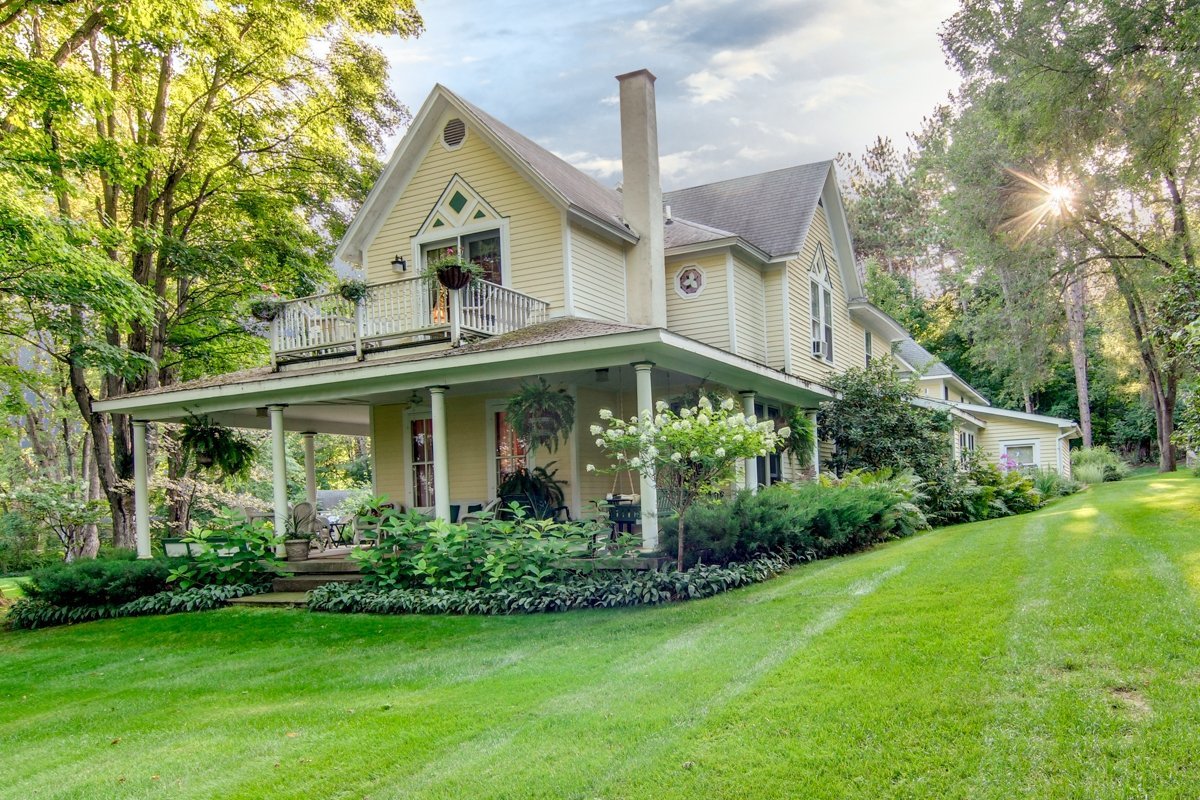
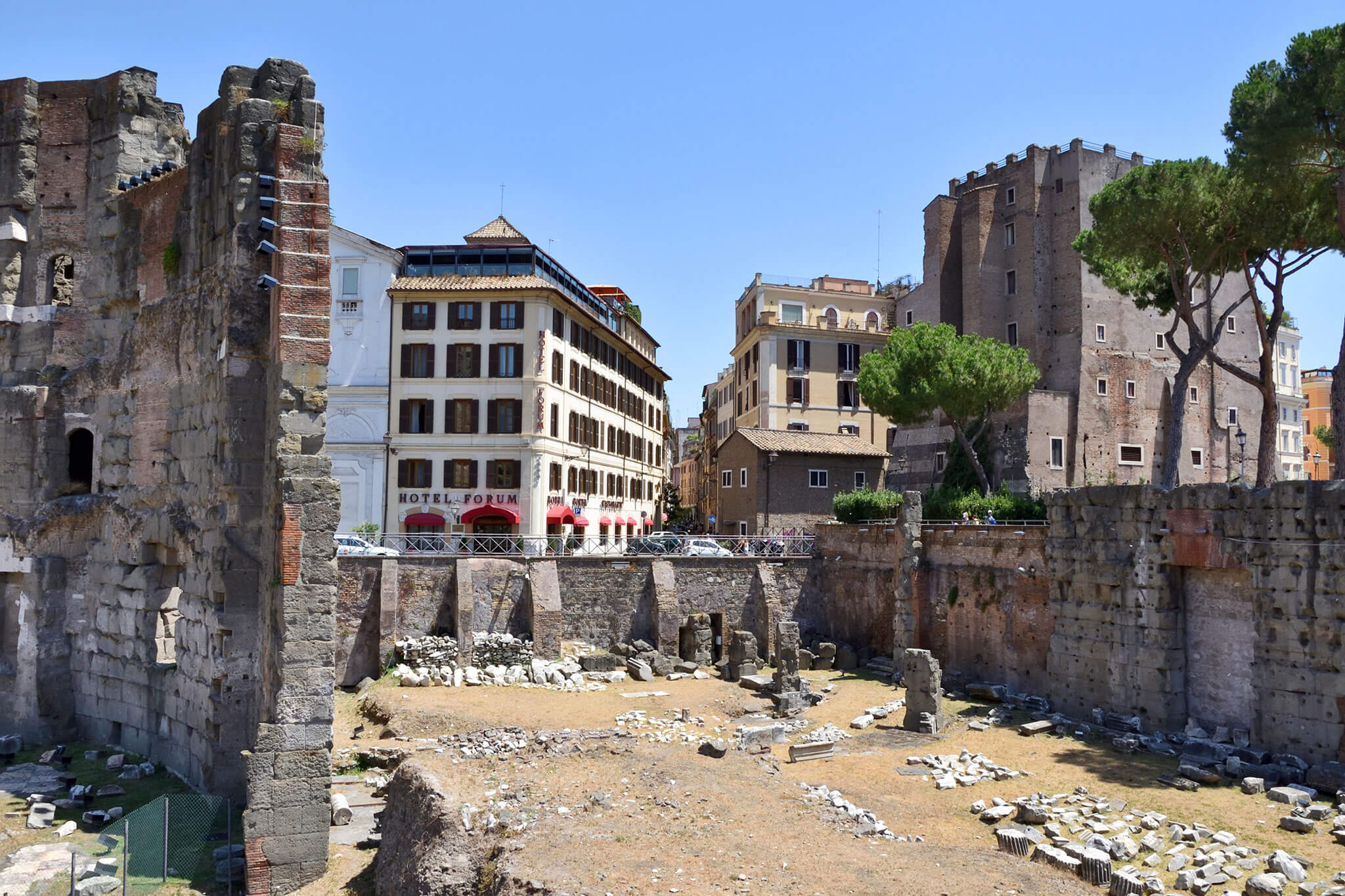
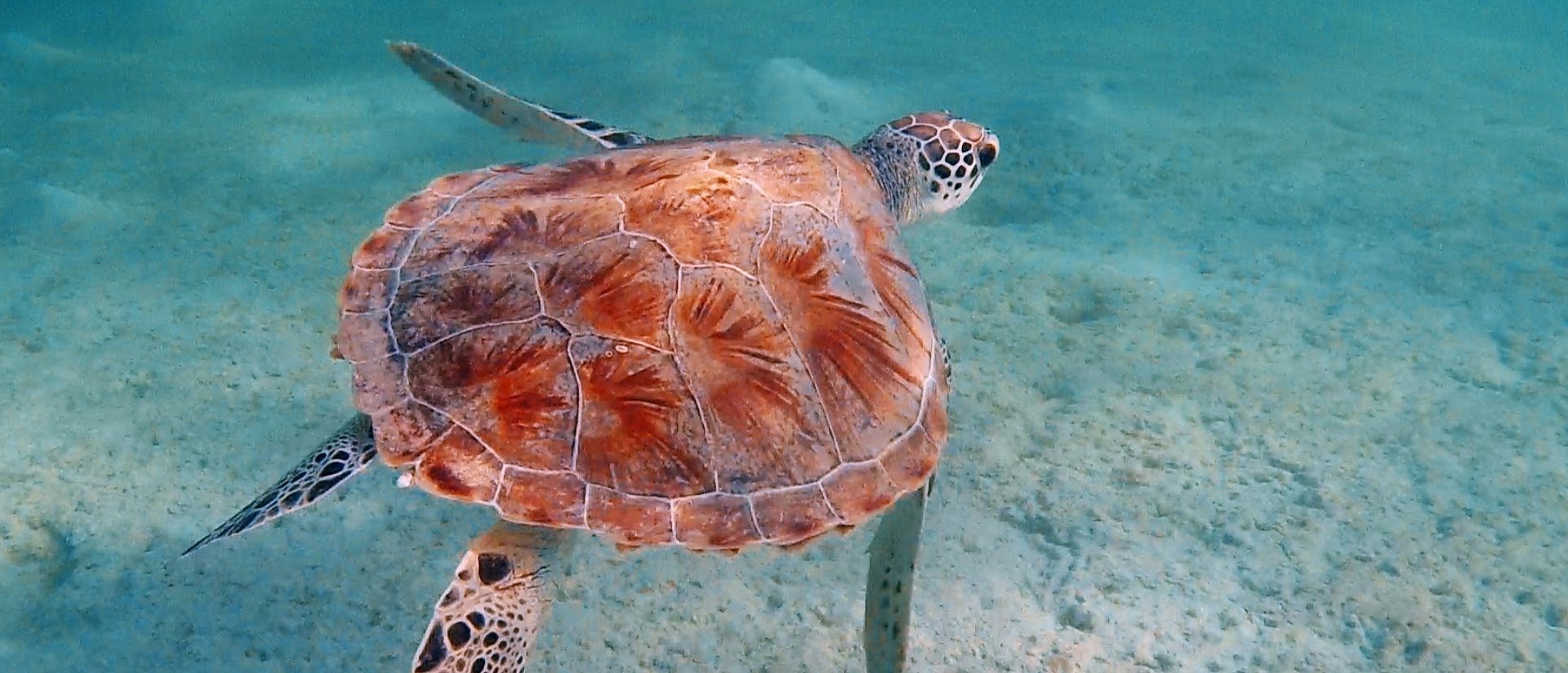
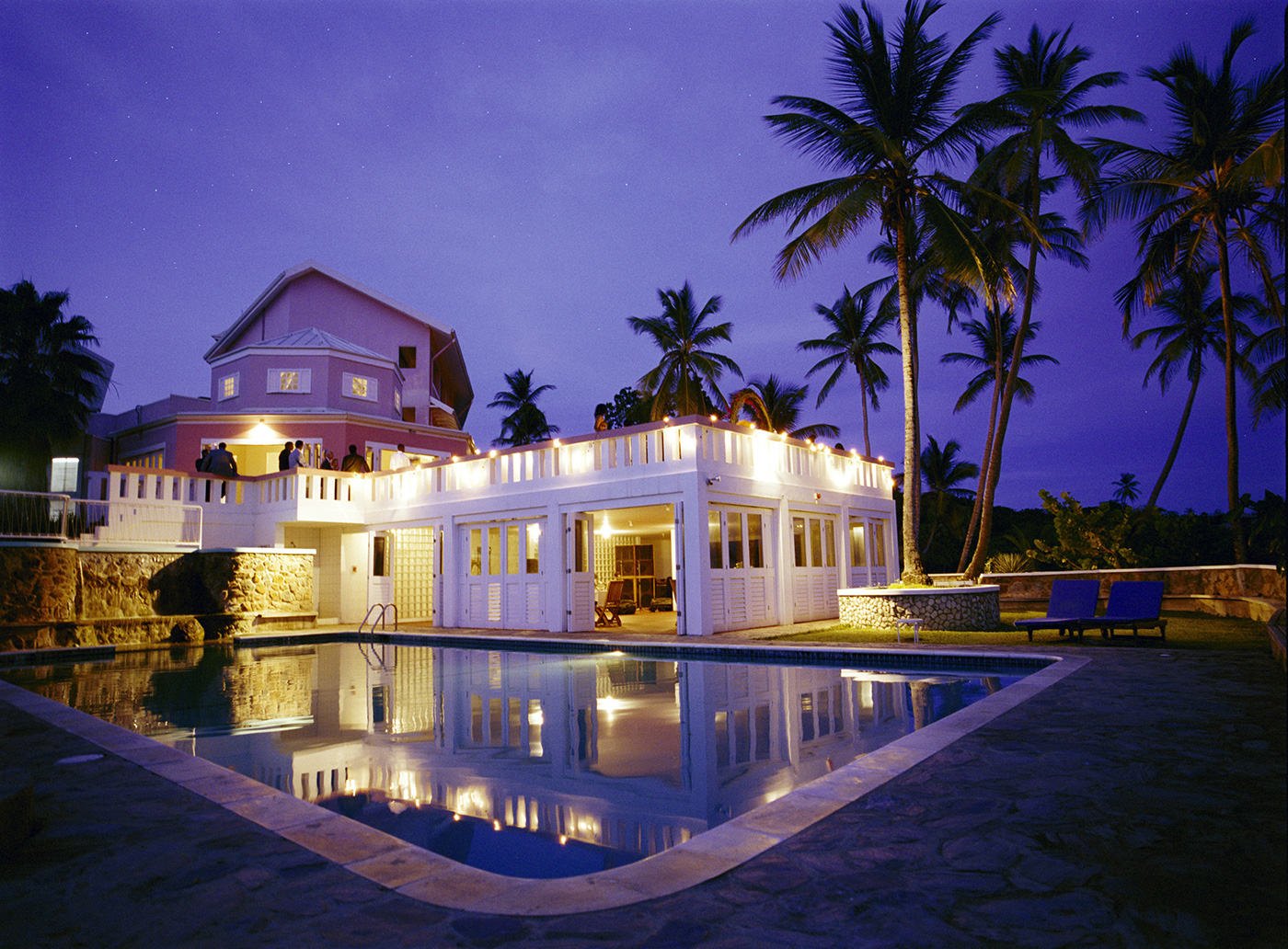
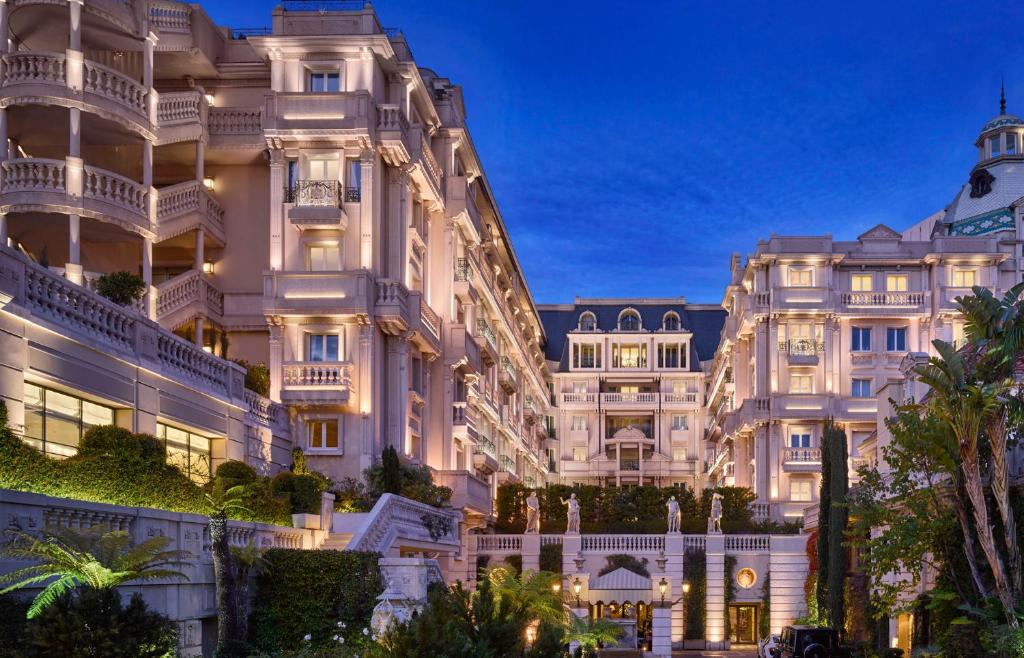
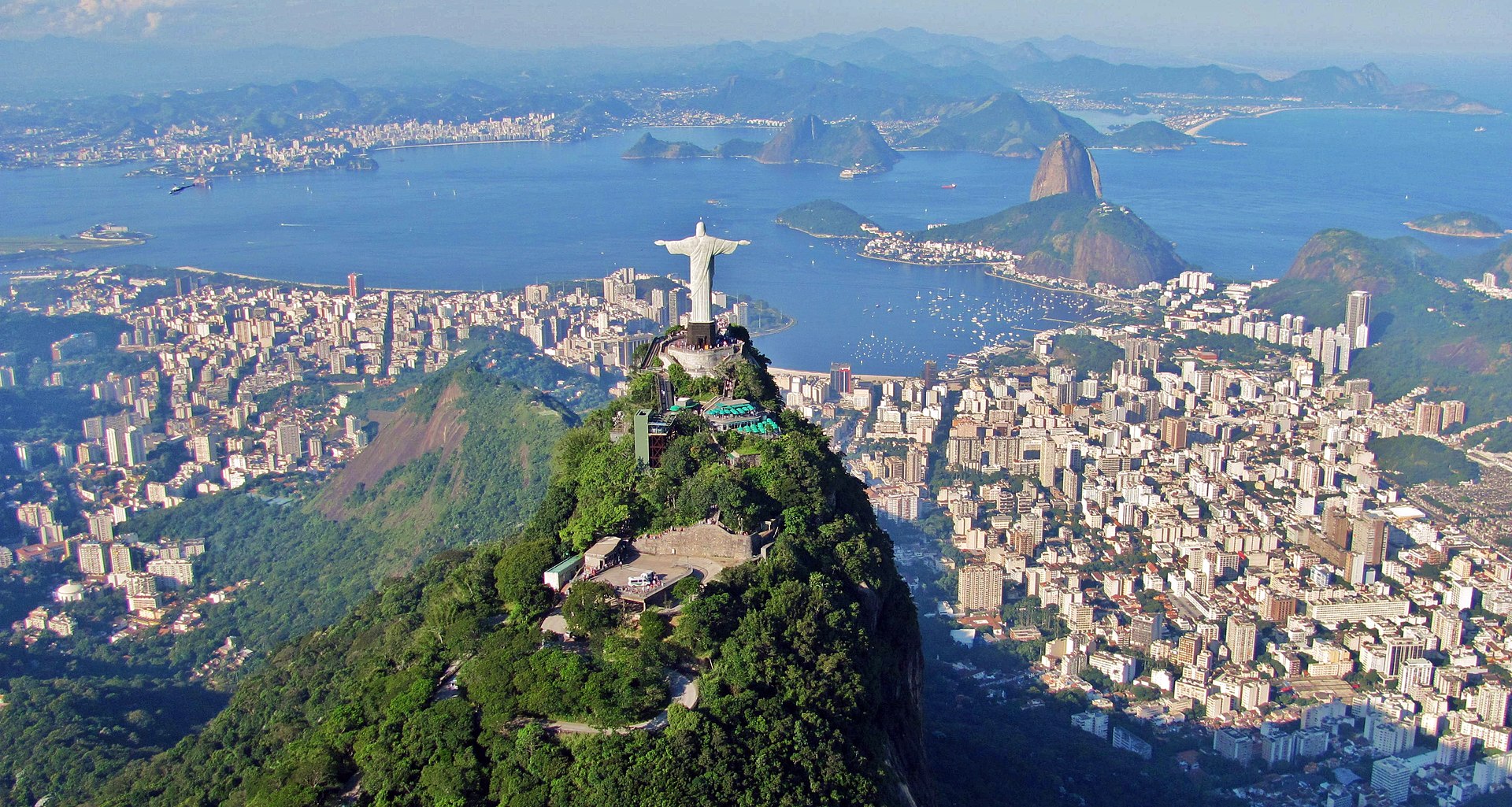

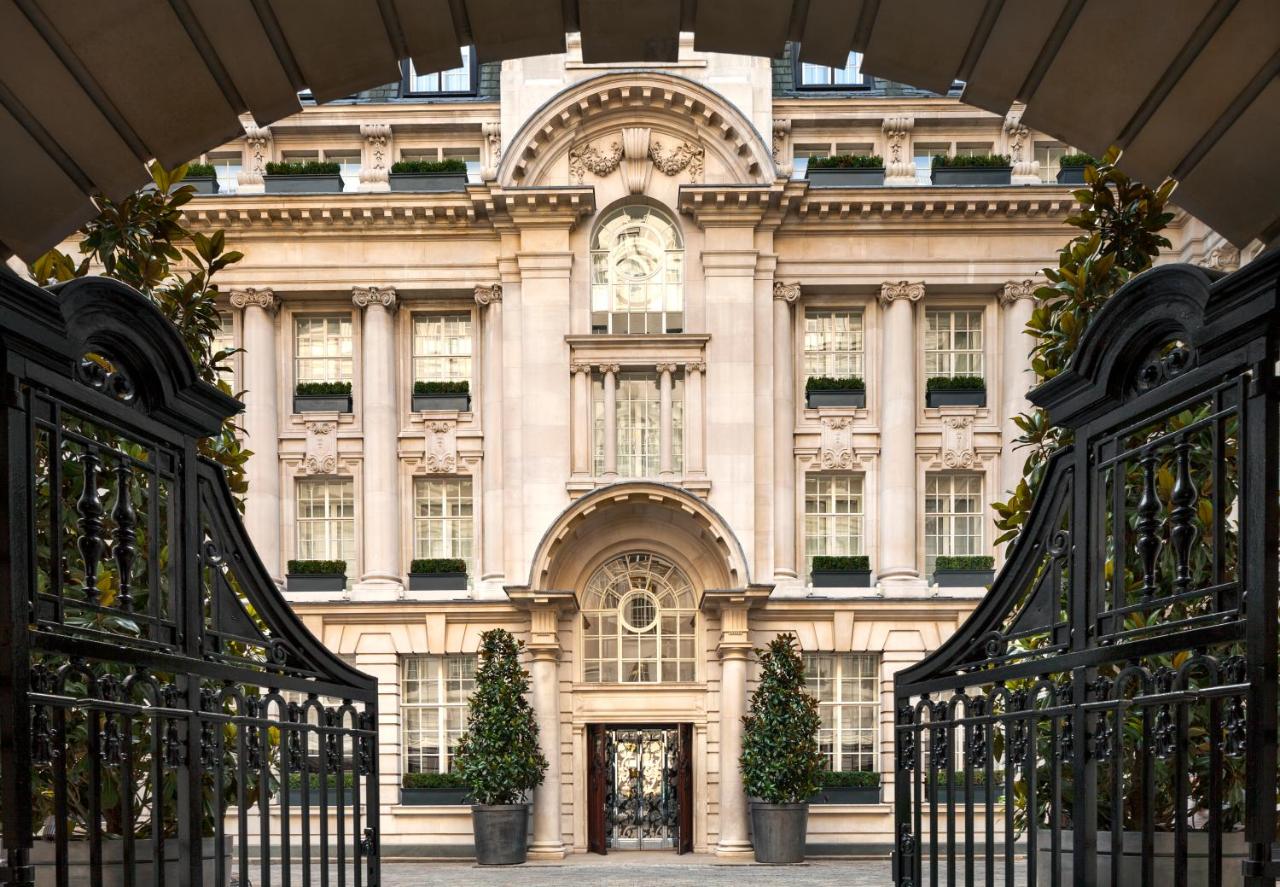
Dar es Salaam, Tanzania
Agent: Cliff Jacobs - Managing Principal Estate Agent & CEO (Nat.Dpl.Hotel Man (UJ). M.P.R.E.)
Agent Cellphone: +27 (0) 84 413 1071 / +27 (0) 61 716 6951
Agent Office Number: +27 (0) 84 413 1071
Agent Email Address: cliff@exquisitehotelconsultants.com
Type: Beach Resort
Bedrooms: 36
Bathrooms: 36
Showers: 36
Parking: 50
Yield: Not Disclosed
Dar es-Salaam (meaning: Place of Peace) is the largest city and former capital of Tanzania. It is the largest city in East Africa and the seventh-largest in Africa, with a population of 6,701,650. Located on the Swahili coast, Dar es-Salaam is an important economic centre and one of the fastest-growing cities in the world.
Until 1974, Dar es-Salaam served as Tanzania's capital city, at which point the capital city commenced transferring to Dodoma, by order of then-president Julius Nyerere, which was officially completed in 1996. However, as of 2018, it remains a focus of central government bureaucracy, although this is in the process of fully moving to Dodoma. It is Tanzania's most prominent city in arts, fashion, media, music, film and television, and is a leading financial centre. The city is the leading arrival and departure point for most tourists who visit Tanzania, including the national parks for safaris and the islands of Unquja and Pemba.
It is the capital of the co-extensive Dar es-Salaam Region, which is one of Tanzania's 31 administrative regions and consists of five districts: Kinondoni in the north, Ilala in the centre, Ubungo and Temeke in the south and Kigamboni in the east across the Kurasini creek.
History
German East Africa was captured by the British during World War I and became Tanganyika with Dar es Salaam remaining the administrative and commercial centre. Under British indirect rule, separate European (e.g., Oyster Bay) and African (e.g., Kariakoo and Ilala) areas developed at a distance from the city centre. The city's population also included a large number of workers from British India, many of whom came to take advantage of the trade and commercial opportunities presented to them. After World War II, Dar es Salaam experienced a period of rapid growth.
Political developments, including the formation and growth of the Tanganyika Africa National Union, led to Tanganyika attaining independence from colonial rule in December 1961. Dar es Salaam continued to serve as its capital, even when in 1964 Tanganyika and the People's Republic of Zanzibar merged to form Tanzania. In 1973, however, provisions were made to relocate the capital to Dodoma, a more centrally located city in the interior. The relocation process has not yet been completed, and Dar es Salaam remains Tanzania's primary city. Journalist John Gunther noted that, in "November 1953, several hippopotamuses entered Dar es Salaam from a creek near the airport, and terrorized the African quarter of the town.
In 1967, the Tanzanian government declared the Ujamaa policy, which set Tanzania into a socialist path. The move slowed down the potential growth of the city as the government encouraged people not to move in cities but stay in Ujamaa socialist villages. However, by the 1980s the Ujamaa policy proved to be a failure in combating increasing poverty and hunger that Tanzania faced, and delayed the development that it needed. This led to the 1980s liberalization policy that virtually ended socialism and its proponents within Tanzania's government.
Until the late 1990s, Dar es Salaam was not put into the same category as Africa's leading cities like Nairobi, Johannesburg, Lagos, or Addis Ababa. The 2000s became the turning point when the city experienced one of Africa's fastest urbanization rates. Businesses were opened and prospered, growth expanded in the construction sector with new multi-story buildings, bridges and roads, Tanzanian banks headquartered in the city began to be run with better regulation, the Dar es Salaam Stock Exchange expanded and the Dar es Salaam harbour continued to be the most important in Tanzania. The port is prominent for entrepot trade with landlocked countries such as Rwanda, Burundi, and Zambia, as well as with the eastern Democratic Republic of Congo. The CBD skyline hosts tall buildings, among them the 35-floor PSPF Tower, finished in 2015, and the Tanzania Ports Authority (TPA) Tower, the tallest building in Tanzania, completed in 2016.
Geography
Dar es Salaam is located at 6°48' South, 39°17' East (−6.8000, 39.2833), on a natural harbour on the coast of East Africa, with sandy beaches in some areas.
The region of Dar es Salaam is divided into five districts.
Climate
Due to close proximity to the equator and the warm Indian Ocean, the city experiences tropical climatic conditions, typified by hot and humid weather throughout much of the year. It has a tropical wet and dry climate. Annual rainfall is approximately 1,100 mm (43 in), and in a normal year there are two rainy seasons: "the long rains" in April and May and "the short rains" in November and December.
Economy and infrastructure

Dar es Salaam is Tanzania's most important city for both business and government. The city contains high concentrations of trade and other services and manufacturing compared to other parts of Tanzania, which has about 80 percent of its population in rural areas. Downtown includes small businesses, many of which are run by traders and proprietors whose families originated from the Middle East and the Indian sub-continent—areas of the world with which the settlements of the Tanzanian coast have had long-standing trading relations.
The Dar es Salaam Central Business District is the largest in Tanzania and comprises the Kisutu, Kivukoni, Upanga and Kariakoo areas. The downtown area is located in the Ilala district. Kivukoni is home to the Tanzania central bank, The Bank of Tanzania, the Dar es Salaam Stock Exchange and the city's important Magogoni fish market. Kisutu has businesses and offices and is the location of Dar es Salaam central railway station, the PSPF Towers and the TPA tower.
Tourism
Dar es Salaam has two of the five museums comprising the National Museum of Tanzania consortium, namely the National Museum proper and the Makumbusho Cultural Centre & Village Museum. The National Museum is dedicated to the history of Tanzania; most notably, it exhibits some of the bones of Paranthropus boisei that were among the findings of Louis Leakey at Olduvai. The Makumbusho Cultural Centre & Village Museum, located in the outskirts of the city on the road to Bagamoyo, showcases traditional huts from 16 different Tanzanian ethnic groups. There are also examples of traditional cultivations, and traditional music and dance shows are held daily. In 2016, there was a breakthrough discovery in Northern Tanzania by a scientist, from the University of Dar es Salaam, of footprints thought to be of a hominid that predates Homo sapiens.
Close to the National Museum are also the botanical gardens, with tropical plants and trees.
There are beaches on the Msasani peninsula north of Dar es Salaam and in Kigamboni to the south. Trips to the nearby islands of the Dar es Salaam Marine Reserve are a popular day trip from the city and a spot for snorkeling, swimming and sunbathing. Bongovo Island can be reached by boat from the Msasani Slipway.
About
The Resort features an exclusive location on the Indian Ocean front in Dar es Salaam city, Tanzania. It is Kigamboni’s most exquisite beach hotel, located comfortably away from the hustle and bustle of the city, 8 kms from the Kigamboni ferry in Dar es Salaam city, Tanzania. Offering an array of water sports and leisure activities, the resort is enjoyable for both residents and visitors.
Our Resort features the only and very large swimming pool in south beach, with rain dance along with the only Jacuzzi in south beach to relax in under the sun. This exclusive property will allow you to get away from everyday stress and relax in the secluded comfort of deluxe efficiencies. The beachfront is also an ideal location for beach parties, which can be all-night affairs. All that, with the awesome views at sunrise, culminate in making your stay a memorable one.
Enjoy all the water sports along our white sandy beach. You can swim, play beach volleyball, ride jet skis or simply relax, grab a tan and sip a relaxing and cooling drink from Rifu’s Bar and Grill. We serve Continental, Indian, Chinese & Local Tanzanian Cuisine.
Thanks to our in house DJ who plays local and international tunes on the weekends and public holidays, you will get the chance to mingle with the local crowd.
So grab your bathing suits, shades, and sun-block, dip your toes in the sand and then ...well, see where the day takes you.
Accommodation
Panoramic views and a great ocean breeze are hallmark features of South Beach Resort, where warm furnishings lull you into total relaxation. Our Resort allows you to be seaside and sun-soaked, in one fabulous location with a variety of activities to ensure you feel at home. Featuring warm, breezy tones, we welcome you to experience the following amenities:
Thirty-six (36) well-furnished air-conditioned rooms with one double bed and one single bed in each room. Each room also offers a private balcony overlooking the Indian Ocean - perfect for watching sunrises and also includes satellite television and in-room safes for securing your valuables.
We offer special rates for group bookings and weekdays. We also cater to birthday parties, corporate, and marriage functions.
Where the sand ends, your private oceanfront paradise begins….the Beach Villa is built using the finest of materials offering the discerning traveler comfortable, exotic surroundings, warm hospitality, and great amenities. The Beach Villa is equipped to cater to short and extended stays. It also comes with kitchens for those moments when you prefer to “eat-in”.
The Tanzanian influence is everywhere and you will be captivated by the magic of the resort from the moment you enter with its breathtaking view over the snow-white beaches and the azure blue water of the Indian Ocean.
The Beach Villa is combined with modern facilities to satisfy your every need and make your stay comfortable including:
Just relax, soak up some sun - here’s a place you can just put your feet up and let the surrounding natural wonders of beach, ocean and magical sunsets recharge your soul.






















































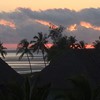
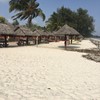



















Cliff Jacobs (Nat Dpl Hotel Man (UJ). MPRE. GA Level 5 TEFL) Managing Principal / CEO Exquisite Hotel Consultants (Pty) Ltd Mobile: +27 (0) 84 413 1071 / +27 (0) 61 716 6951 Email: cliff@exquisitehotelconsultants.com Web: https://www.exquisitehotelconsultants.com © All rights reserved Terms and Conditions apply Scroll down to view our Hospitality Properties and Businesses for sale or lease or lease-to-buy or partnership arrangement or management agreement arrangement.